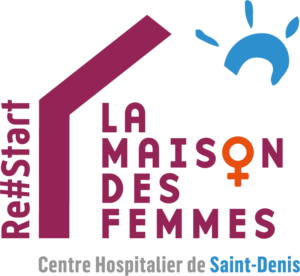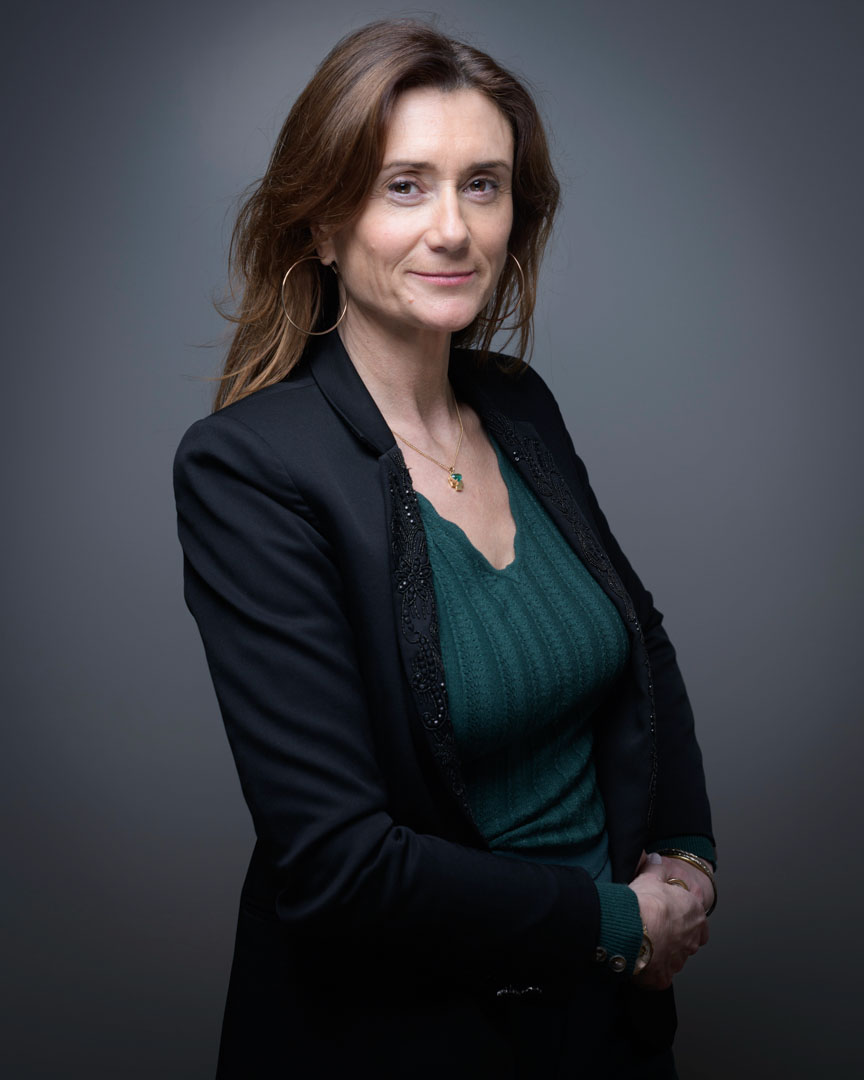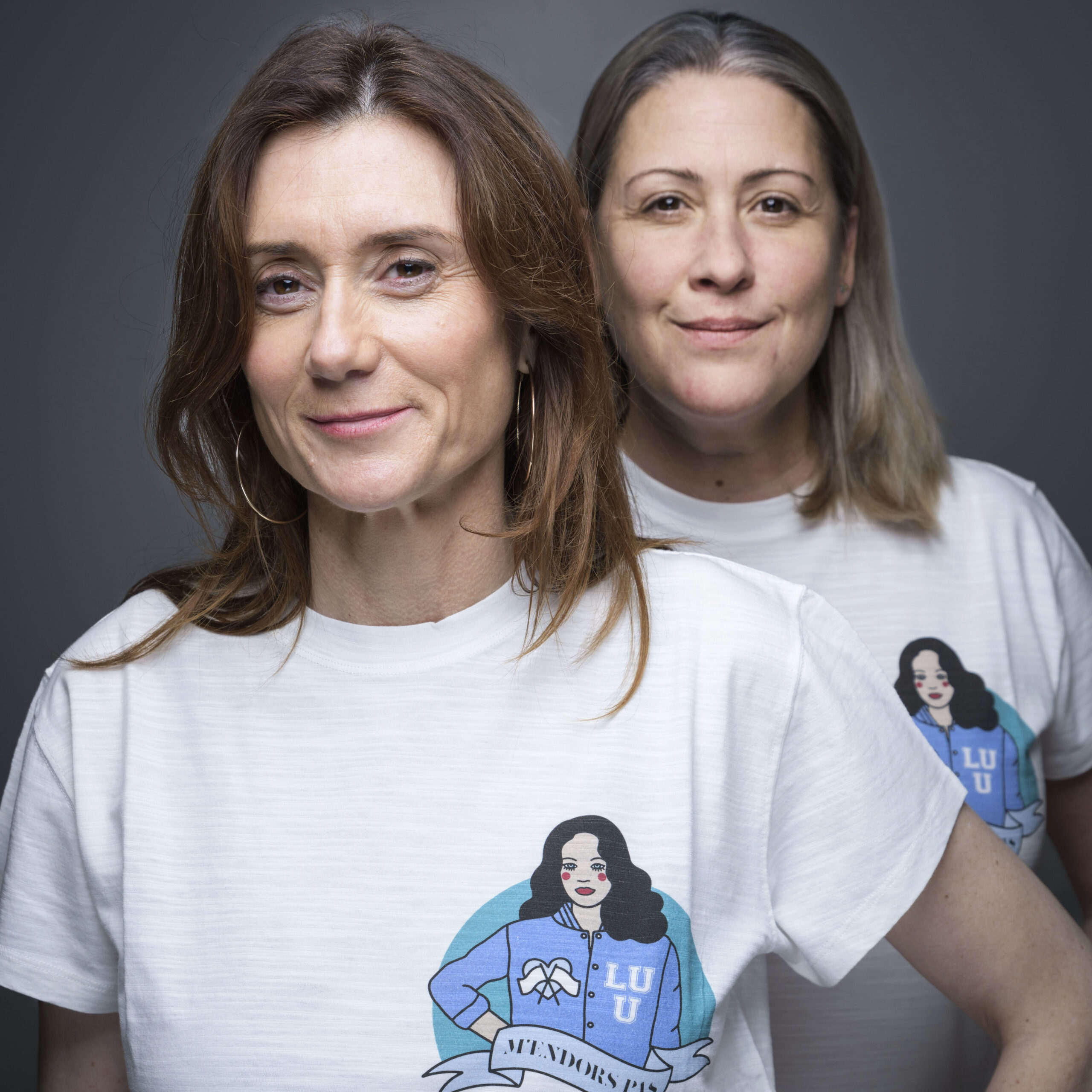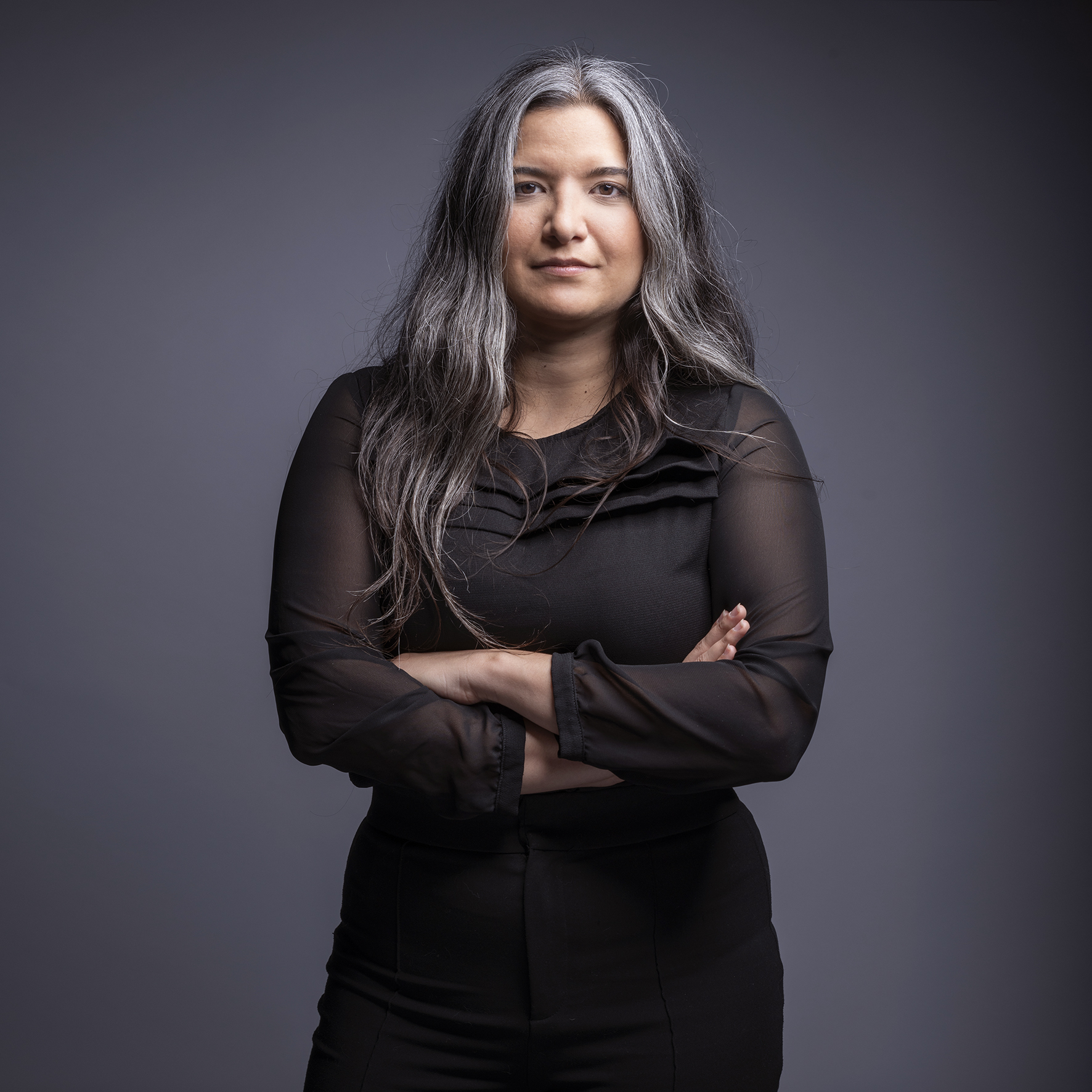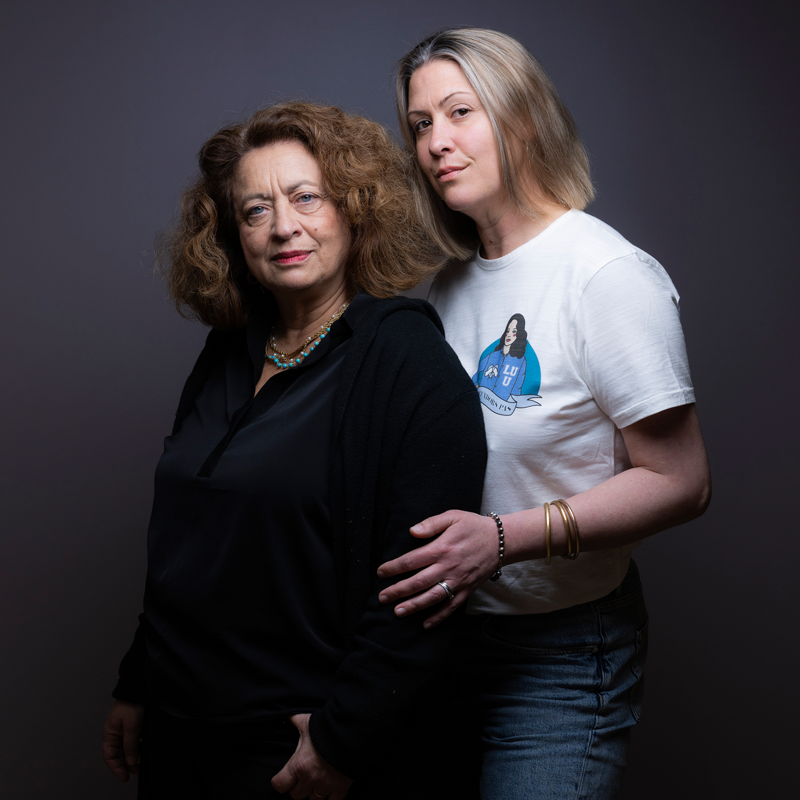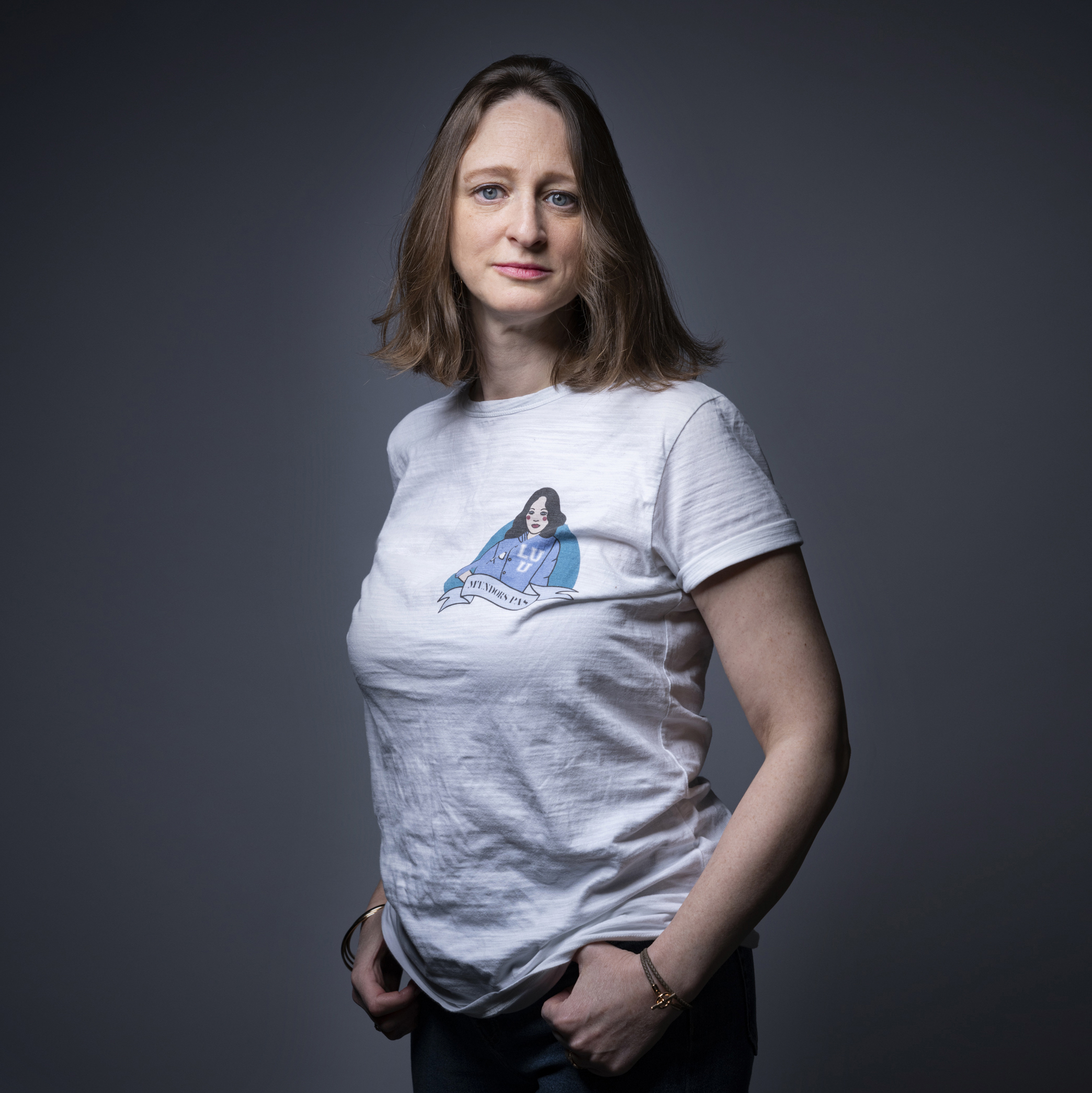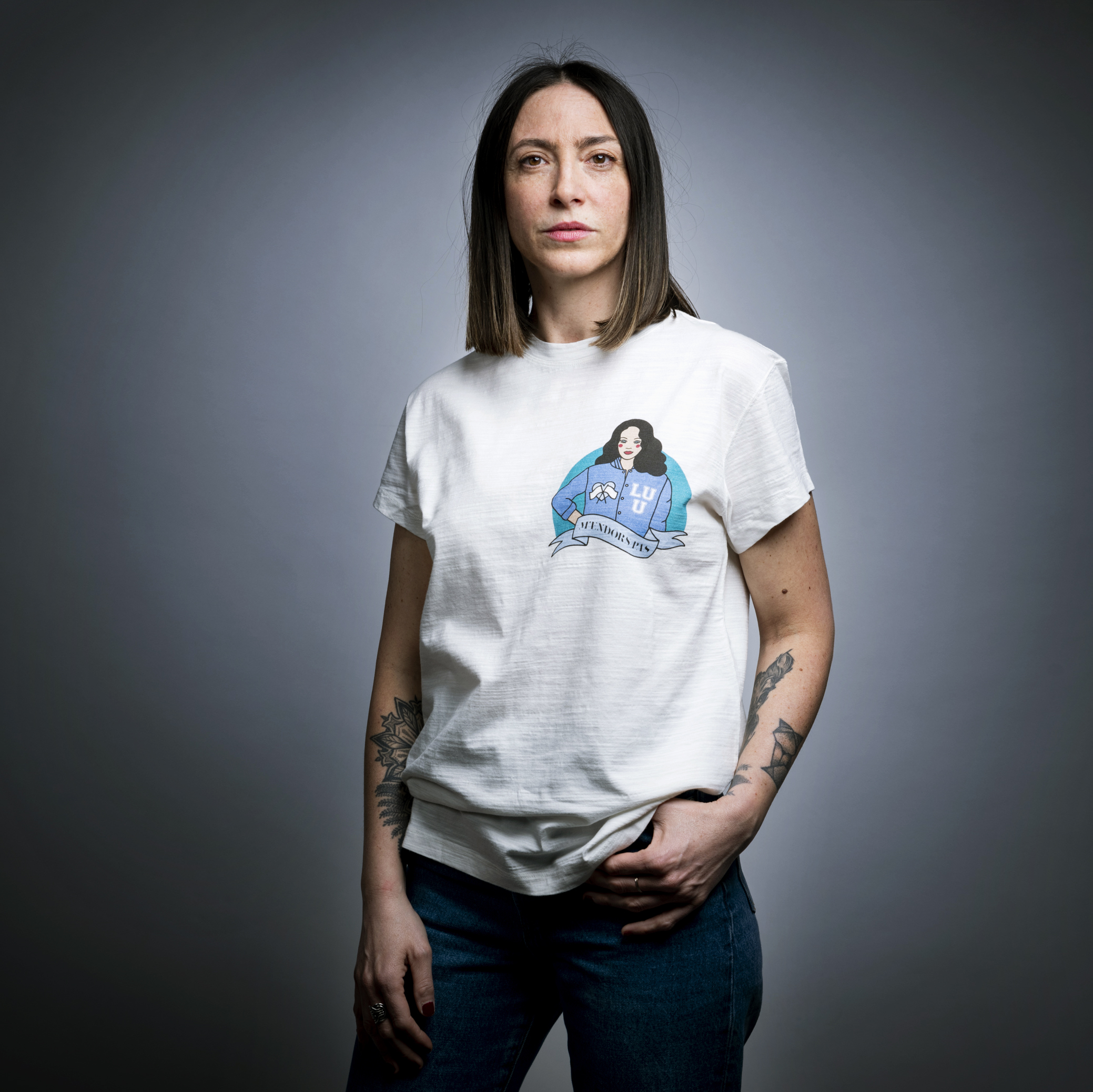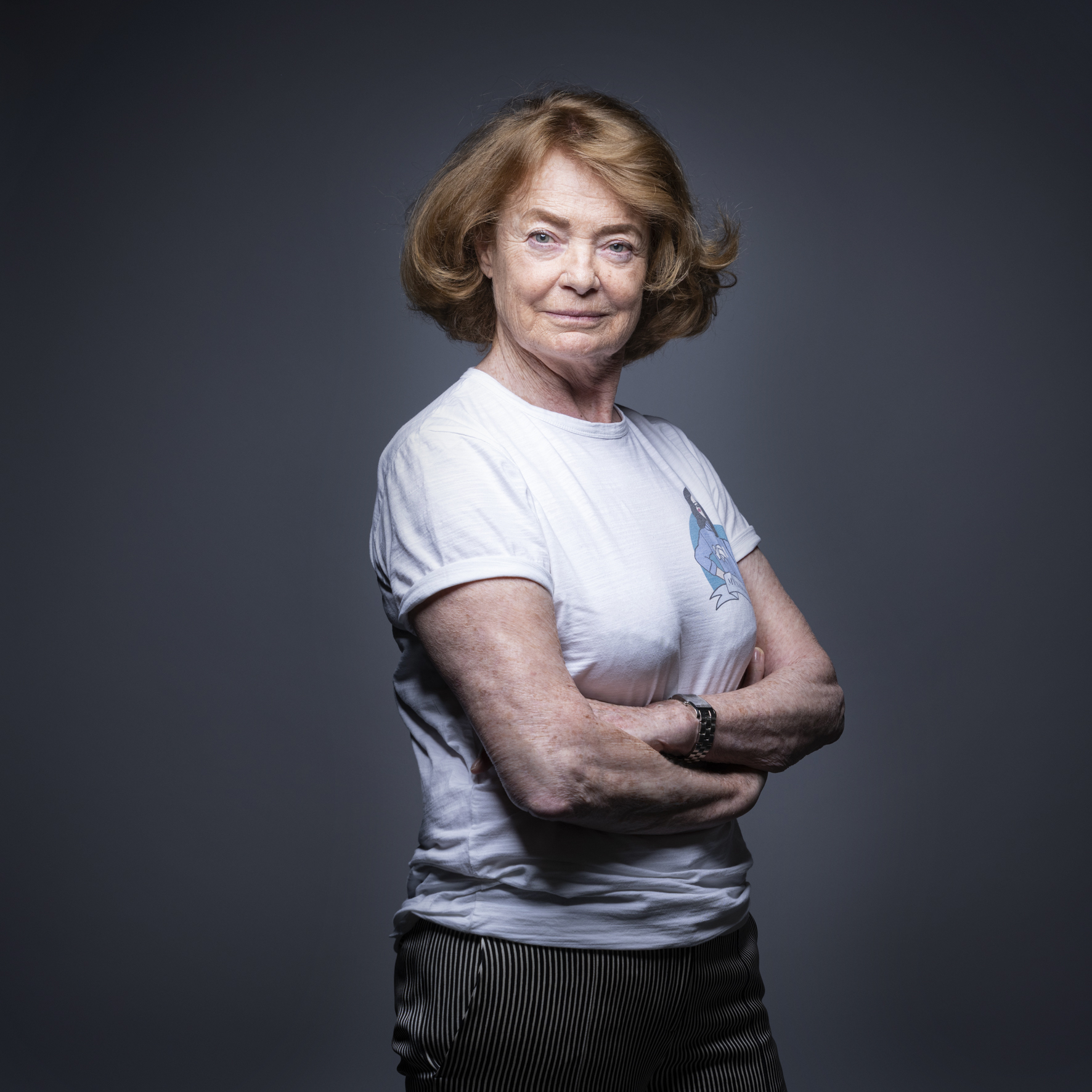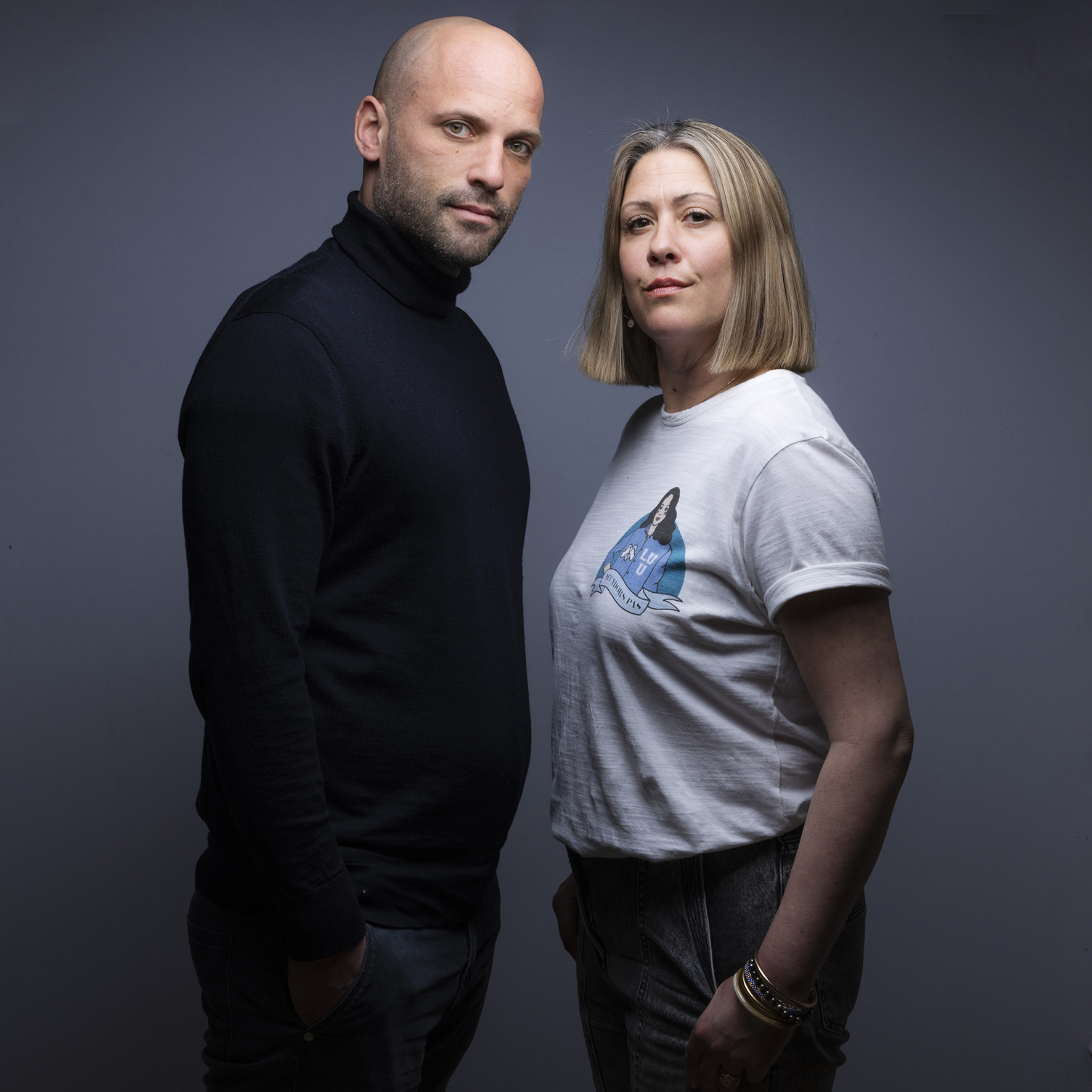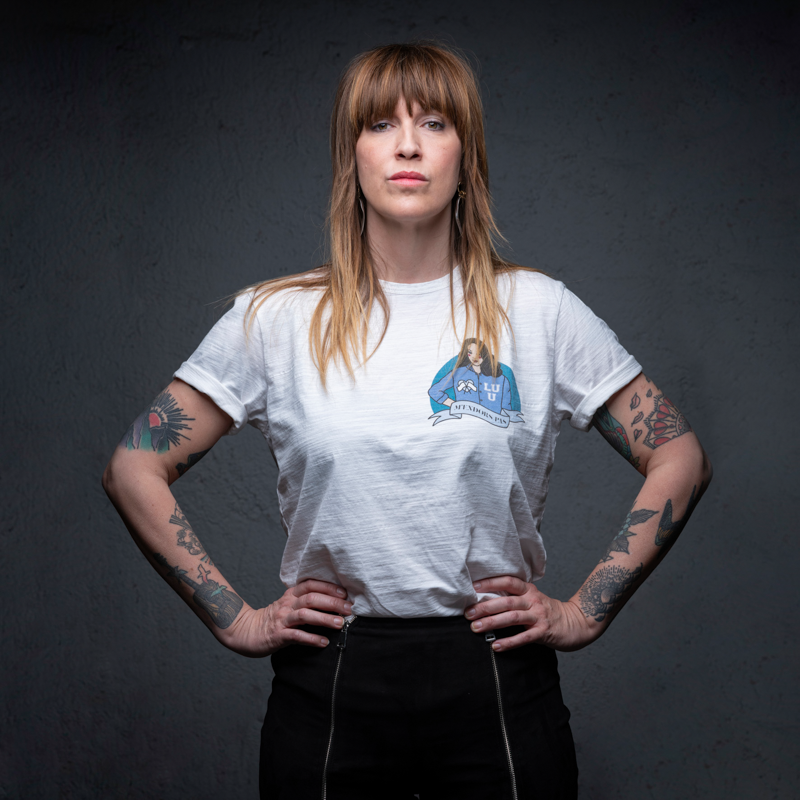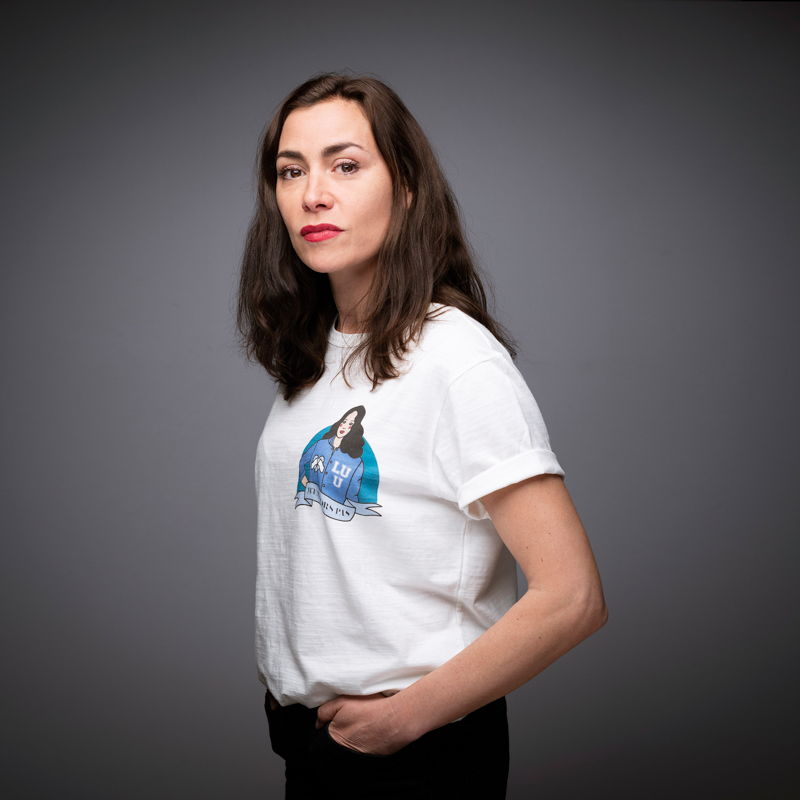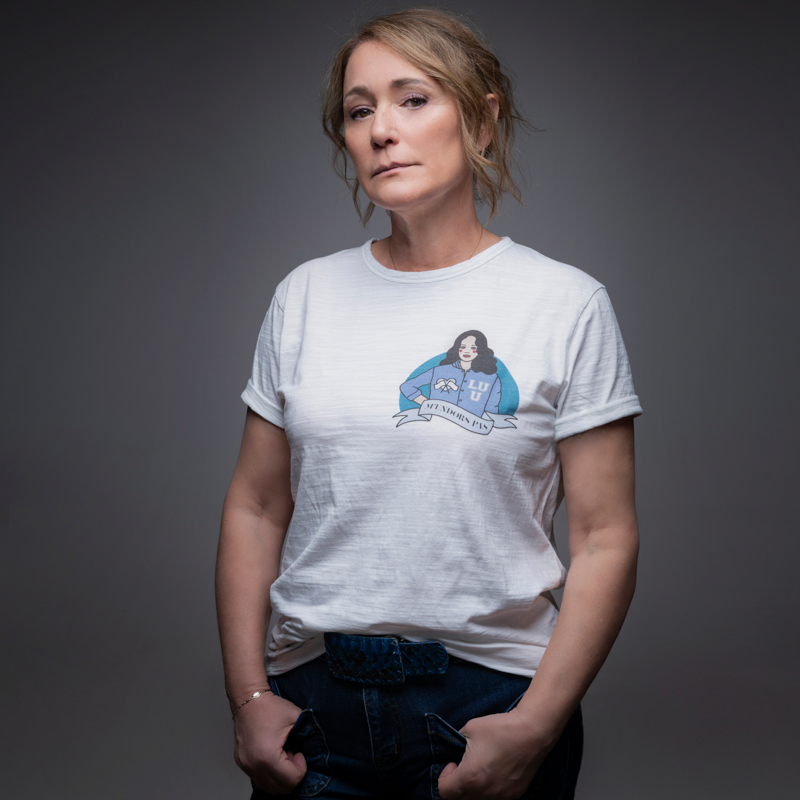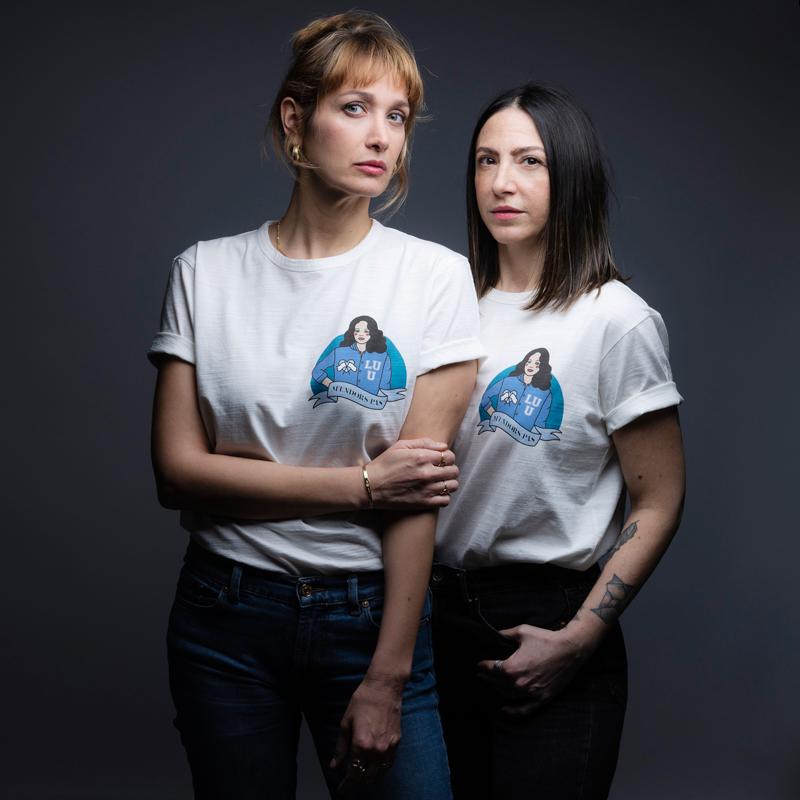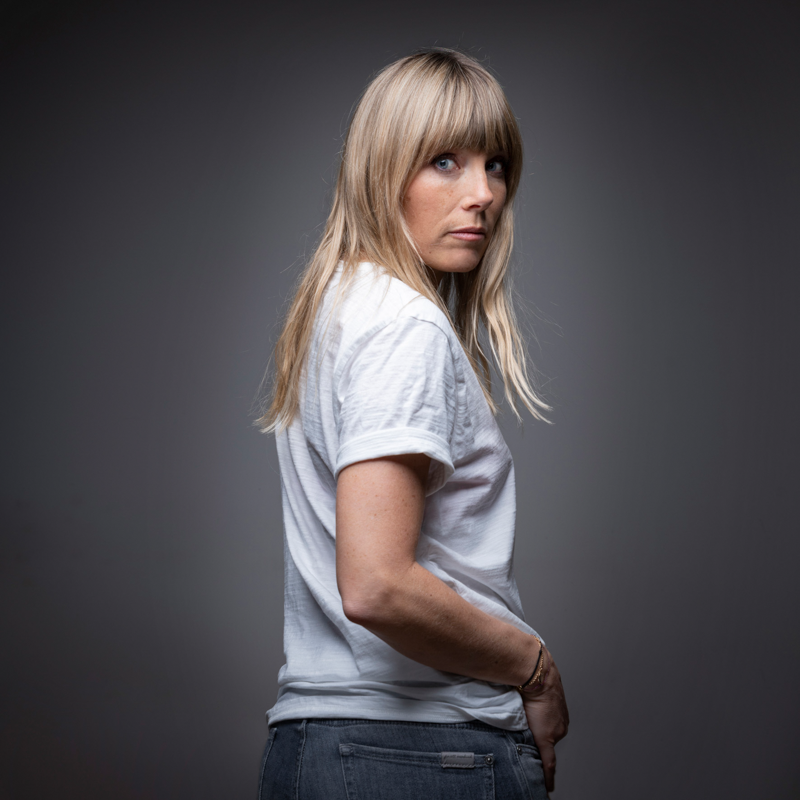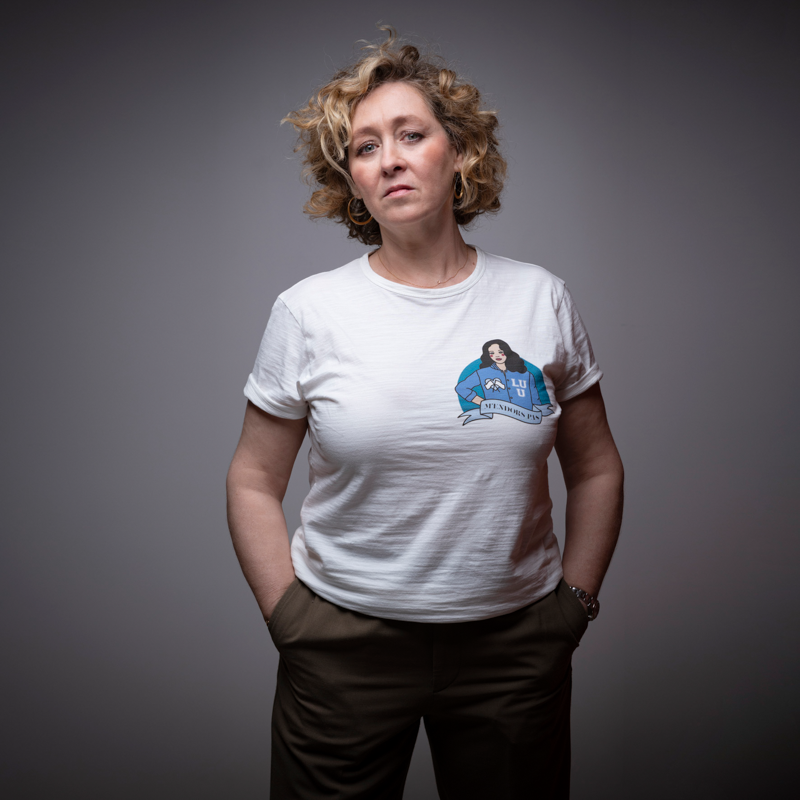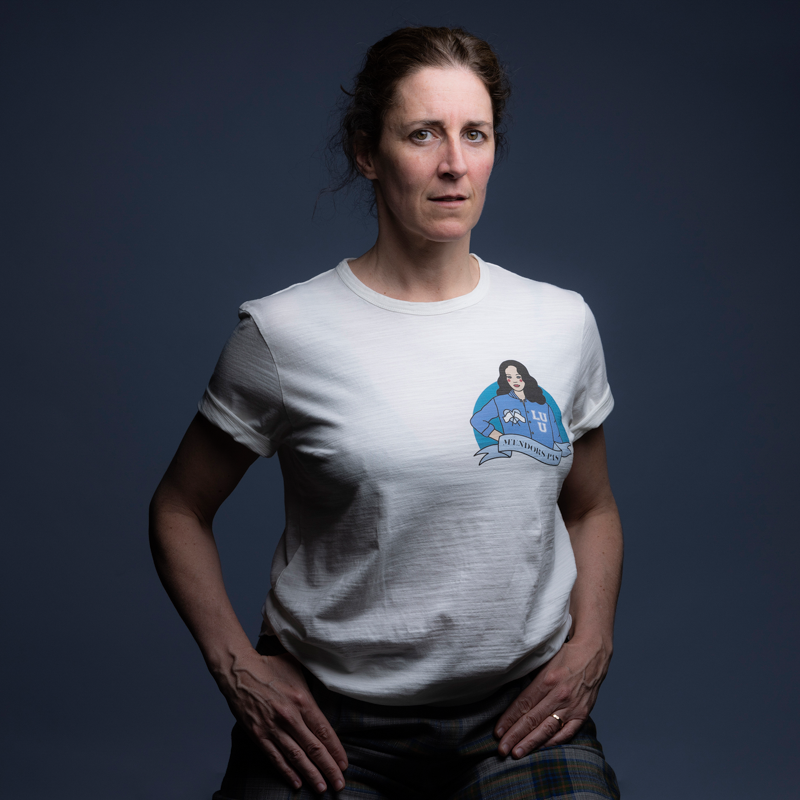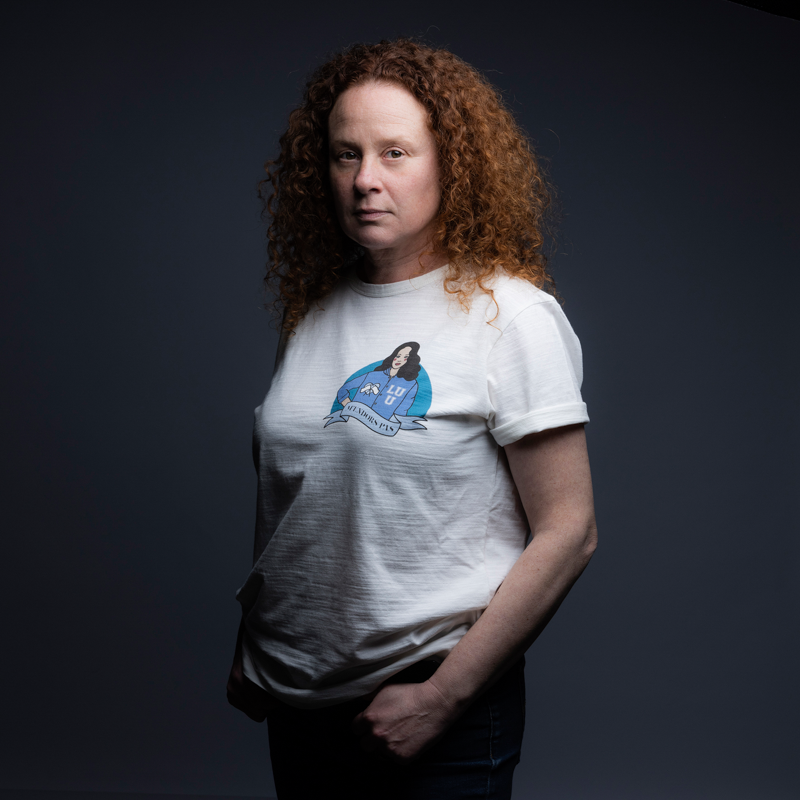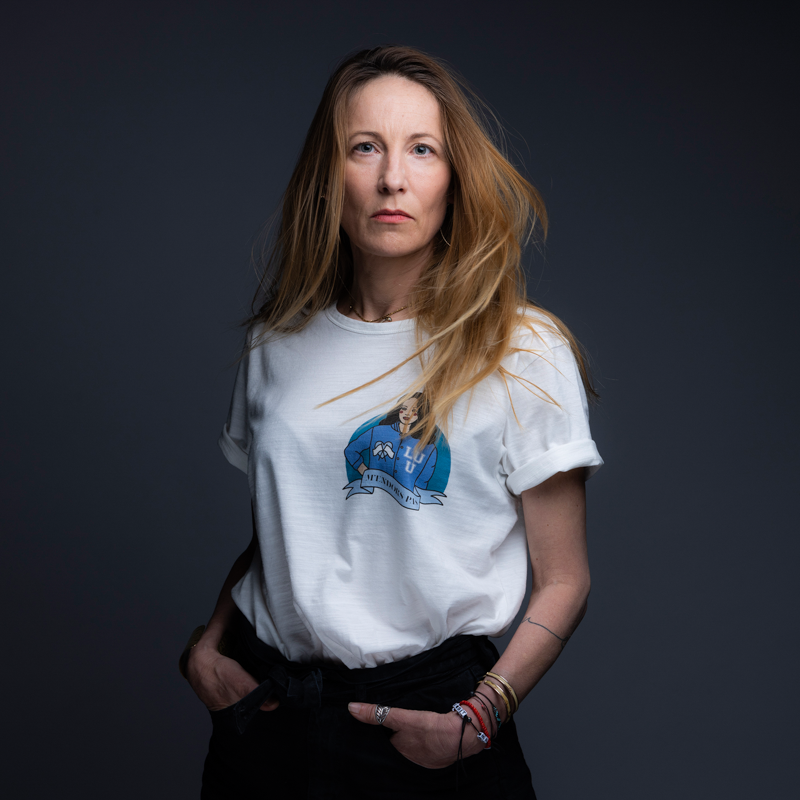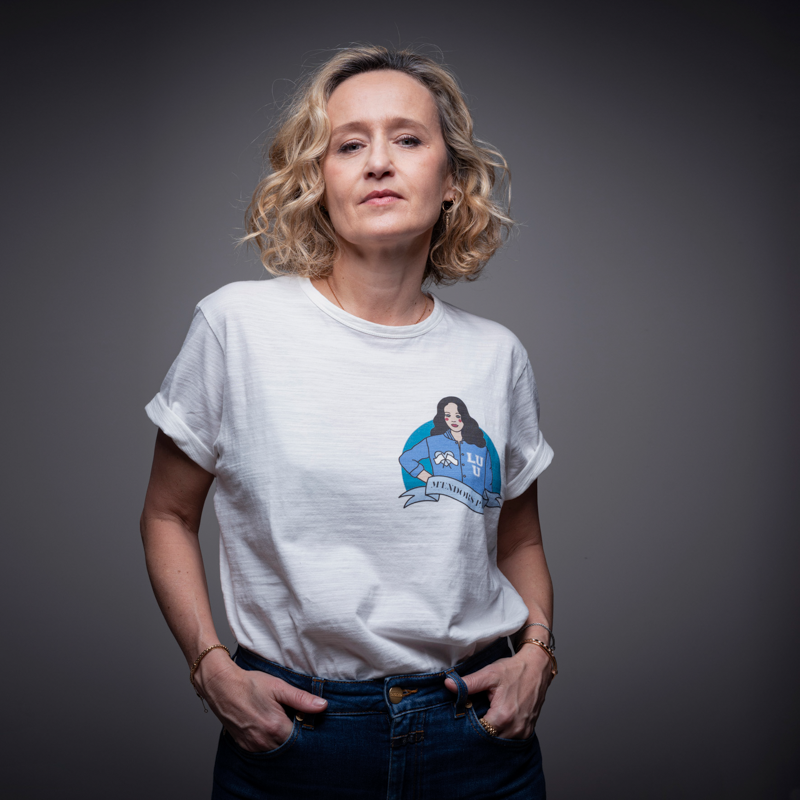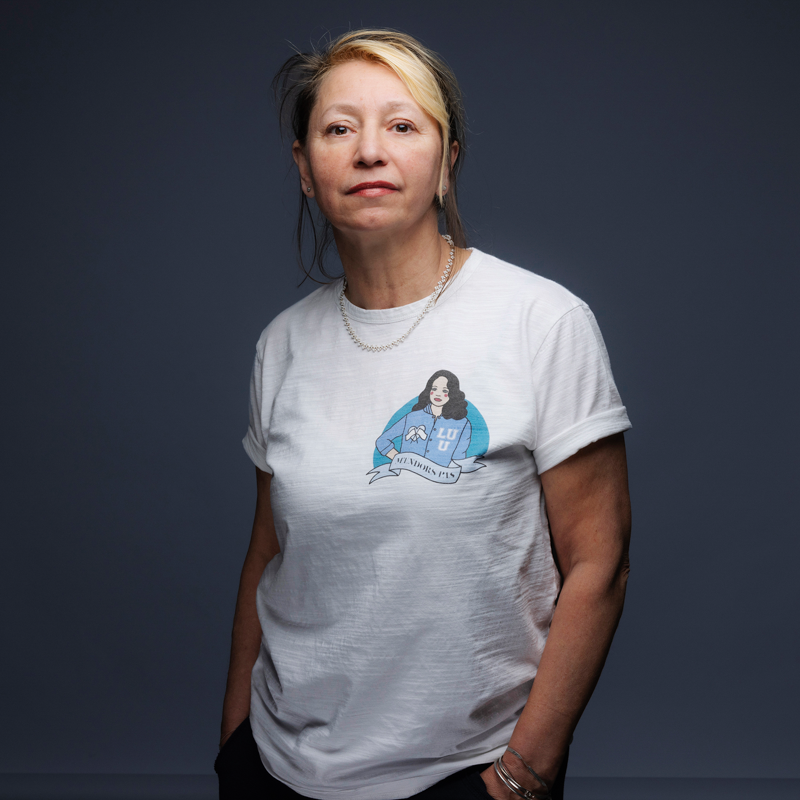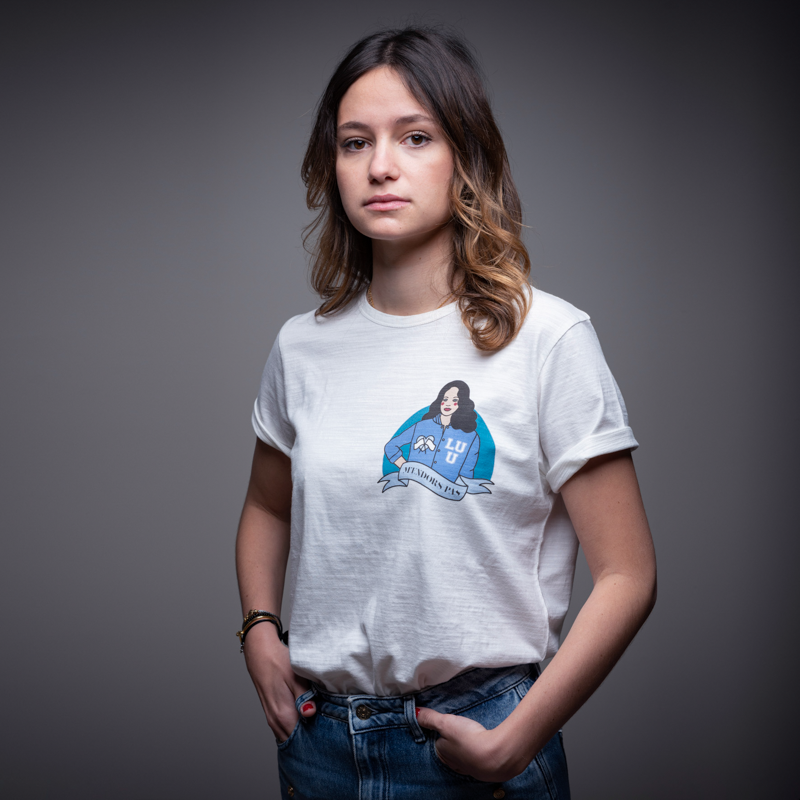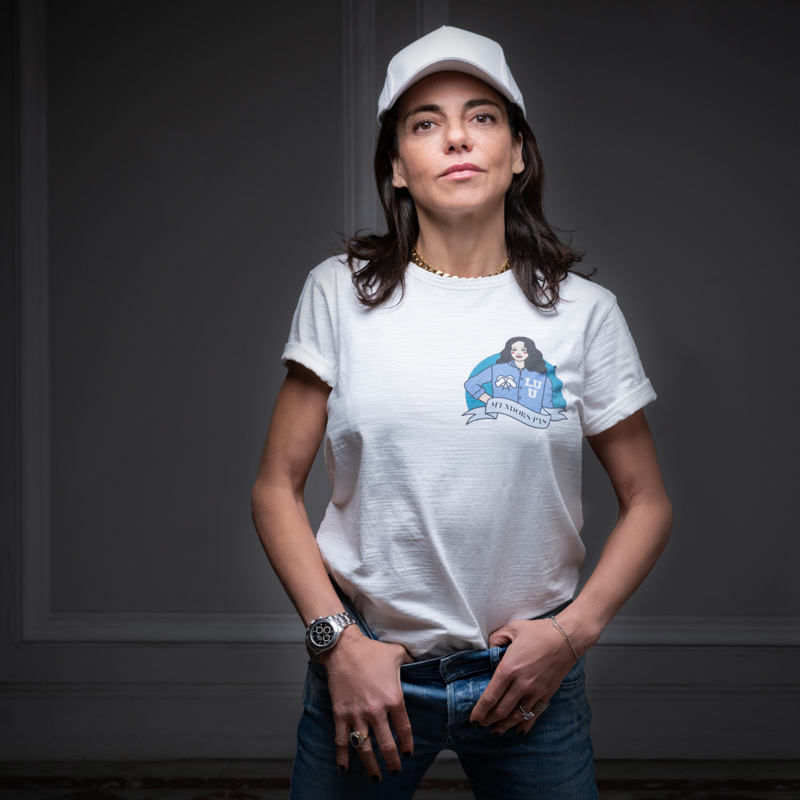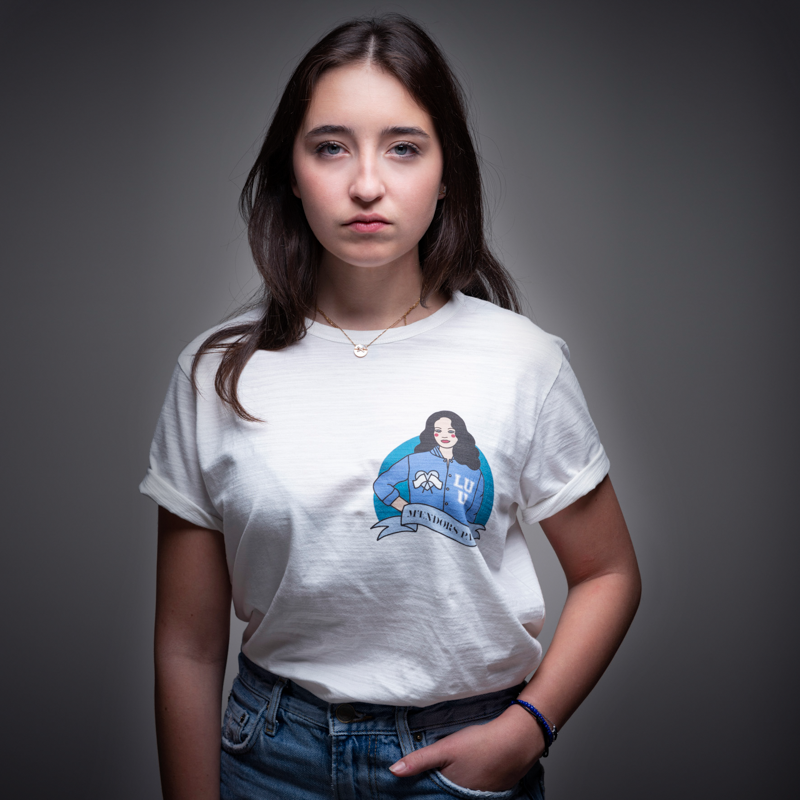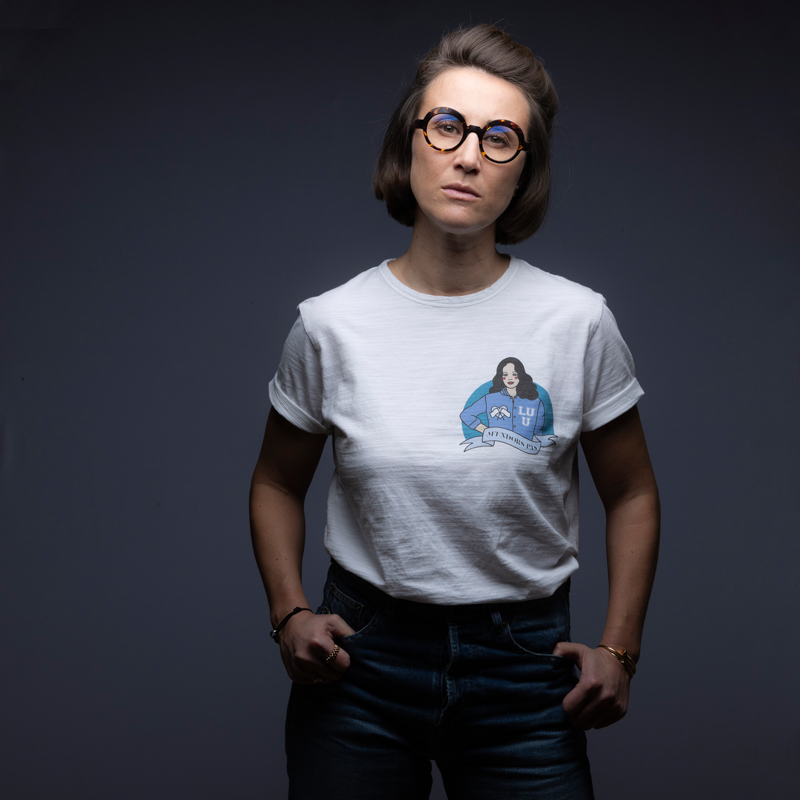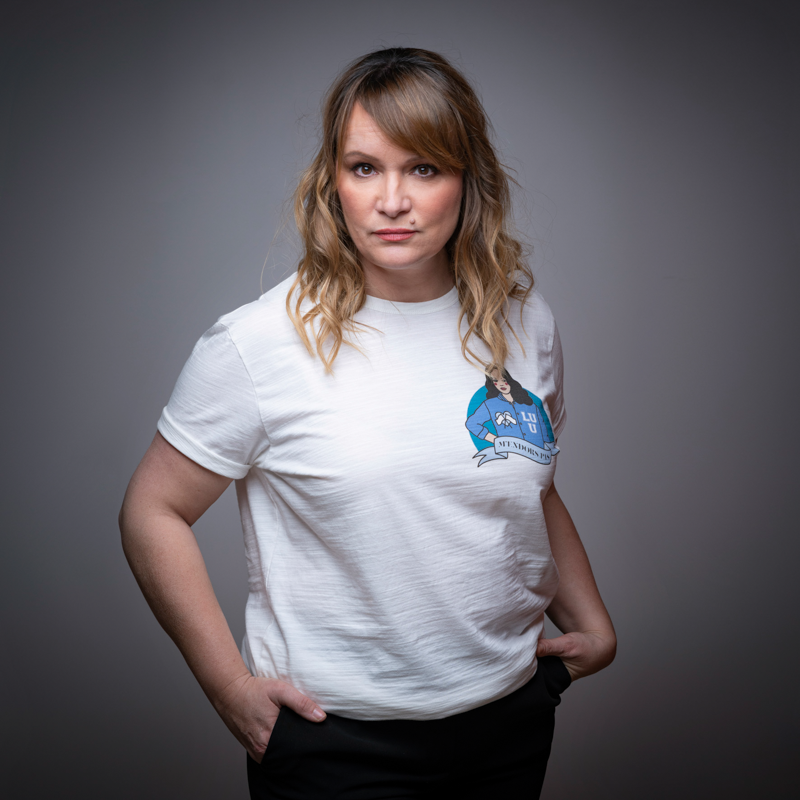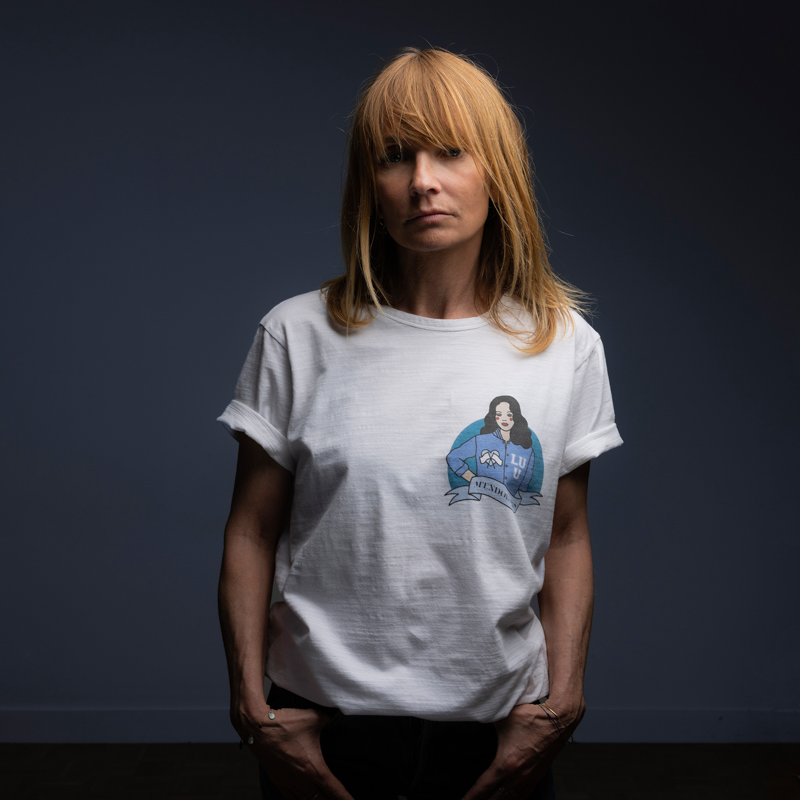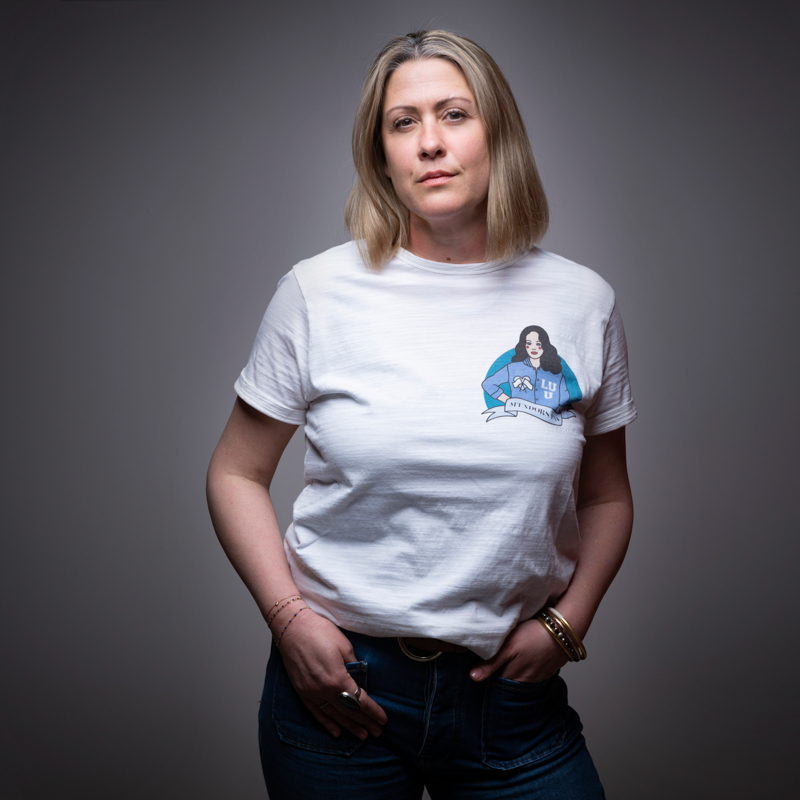Sandrine Josso is currently the honorary patron of Stop Chemical Submission: #DontPutMeUnder, working alongside victims to end the scourge upon society that is chemical submission.
CHEMICAL SUBMISSION
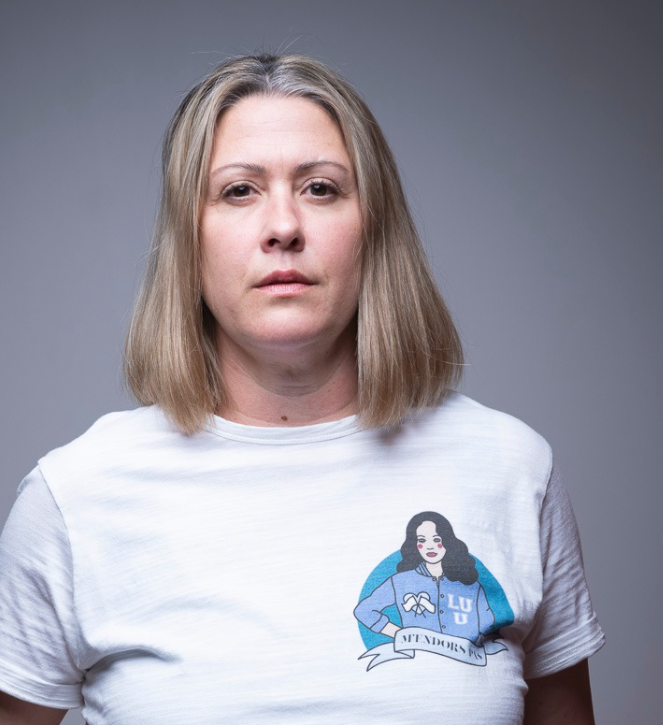
« Chemical submission is the act of drugging a person without their knowledge in order to abuse them, robbing them of the ability to react and even, sometimes, leaving them wholly unaware of what has happened ».
Chemical submission is a largely unknown and widely underestimated phenomenon in France. It is a form of violence directed against a broad range of female and, occasionally, male victims. Its targets come from all social backgrounds and can be adults, children, babies, and the elderly.
Chemical submission refers to the administration of one or more psychoactive substances to a victim for a criminal or illegal purpose, without their knowledge or against their free will. Contrary to popular belief, it is not limited to the use of GHB, also known as the « date rape drug. » The substances most commonly used are medications such as sleeping pills, sedatives, anxiolytics, antihistamines, etc.
A widespread social phenomenon, it is not restricted to bars and night clubs. In most of the cases documented in the latest national survey on chemical submission conducted by the French National Agency for the Safety of Medicines and Health Products (ANSM), the perpetrator came from the victim’s family, friends, or professional acquaintances. The victims are often especially vulnerable individuals who are abused repeatedly over extended periods.
As with other forms of domestic, familial or professional aggression in close circles, victims hesitate to speak out or take action because they live under constraint or fear social or familial repercussions. Given that chemical submission leaves no memory of the assault or the perpetrator, symptoms of abuse can go unrecognised, making it especially difficult for its targets to grasp their status as victims.
How many victims are they, and who are they?
Multiple factors – infrequent legal proceedings, lack of proof due to the absence of systematic toxicological analyses – render it impossible to obtain an accurate figure of the number of victims of chemical submission in France each year.
However, since 2003 an initiative has been underway in France (1) to monitor the criminal use of psychoactive substances and identify the products and methods employed. This work has highlighted the prevalence of chemical submission within the home and demonstrated the diversity of victims: adults, children, babies, and the elderly, generally female but occasionally male. The study also underlines the fact that the perpetrators are often close, or known, to the victims. (2)
(1) Since 1 July 2003, the French National Agency for the Safety of Medicines and Health Products (ANSM) has been monitoring the criminal use of drugs on an ongoing, forward-looking basis.
Each year, this annual survey, coordinated by the Paris Addictovigilance Centre (CEIP-A), helps to identify the substances involved, to better define the contexts of the attacks, the modus operandi of the assailants and to assess the clinical consequences of taking the drug… all with a view to putting in place appropriate and up-to-date prevention measures. (2) Leila Chaouachi et al. Plaquette soumission chimique 2020.
SOND THE ALARM
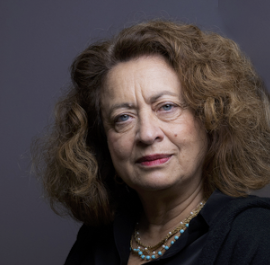
When medication becomes a weapon
chemical submission as a Public Health issue.
Medication (available with or without a prescription) – not GHB and illegal drugs – lies at the heart of chemical abuse, with anxiolytics, sleeping pills, and antihistamines being misused for their sedative properties.
Beyond putting victims to sleep, such medications can cause amnesia, thereby erasing memories of the abuse. Sexual assault (including marital and incestuous rape) is not the only consequence – theft, extortion of an inheritance, physical violence, and even human trafficking (pimping) can occur.
Domestic stocks of medication, easily accessible via the family’s medicine cabinet, provide a ready source of supply for abusers, who use a variety of techniques to dose their victims. Clandestine drugging, if repeated or prolonged so as to become routine, is particularly dangerous for the victim’s health.
Whereas social media campaigns have highlighted drug-fuelled abuse in clubs and bars, chemical submission in private settings is still rarely addressed. Given its insidious and widespread nature, it is essential it be more widely recognised, by both the general public and professionals.
It is essential to shed light on this abuse is essential because – above and beyond the sensational news stories – it is a real public health issue. The immediate and serious health risks (falls, comas, unwanted pregnancies, infections, etc.) are compounded by the consequences of long-term exposure (insomnia, memory issues, neurological disorders, weight loss, road accidents, addiction, etc.).
Unaware of the violence they have suffered, and facing symptoms that to them are inexplicable, victims may visit doctors multiple times without ever obtaining a satisfactory diagnostic. And when the victim finally becomes aware of what has happened, the psychological impact is significant and requires specialized care.
HELP THE VICTIMS
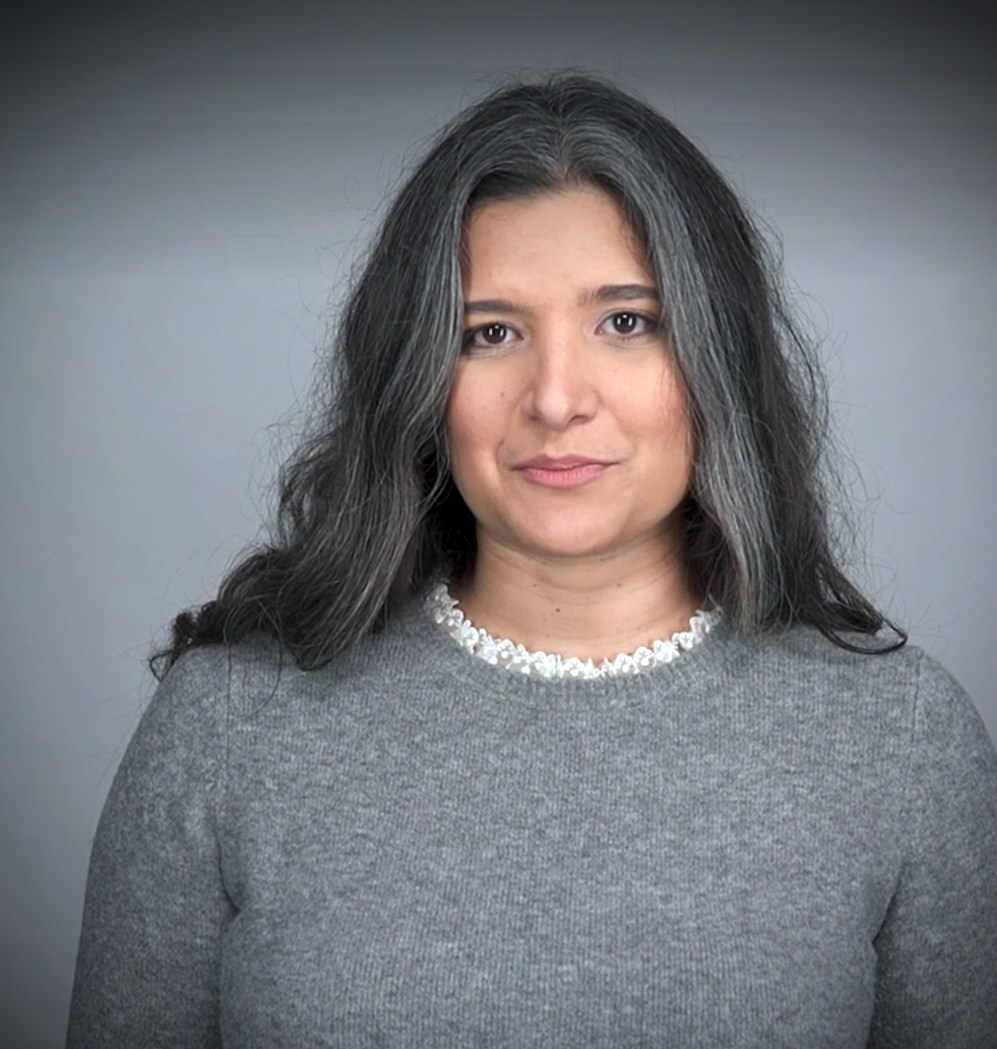
Phrases that should raise questions … for oneself and for others
« I feel unusually tired, I keep dozing off. »
« I keep having memory gaps. »
« I can’t remember having sex. »
« I wasn’t wearing these clothes yesterday. »
« I would never have spent that much money. »
« I would never have agreed to that loan. »
« I never fancied him. He knows that. »
« Images keep haunting me. Are they real?! »
« My coffee had a weird taste. »
SIGNS & SYMPTOMS
Amnesia, drowsiness (up to, and including, a coma), neurological disorders (dizziness, convulsions…), changes in behave, digestive issues (nausea, vomiting…), …
All of these are possible signs of chemical submission, particularly when accompanied by other clues suggesting an assault took place (cuts, bruises, disordered clothing, missing credit cards or cheque books, stolen objects, discovery of suspicious substances, etc.).
What to do if you suspect chemical submission in a domestic setting?
Don’t keep it to yourself: talking to someone is critical.
Free and confidential hotlines exist:
France Victime : 116 006 (24/7)
Violences Femmes Info : 3919 (24/7)
Dispositif Drogues Info Service : 0 800 23 13 13 (8am to 2am/7 days a week)
EN CAS D’URGENCE
contactez sans hésiter :
- Police – 17
- European Emergency number – 112
- Domestic violence emergency number for the deaf/hearing impaired – 114 (via text)
- Ambulance – 15
- Children in danger – 119
SEXUAL AND SEXIST VIOLENCE
A national hotline dedicated to reporting gender-based and sexual violence exists since 2018, offering an interactive chat feature where you can instantly communicate with a trained police officer or gendarme. This service provides accurate information about your rights and guides you through the steps you can take. (24/7): https://www.interieur.gouv.fr/Archives/Archives-des-infos-pratiques/2022-Infos-pratiques/Signalement-des-violences-sexuelles-et-sexistes
You can contact this hotline confidentially, without identifying yourself.
Good to Know::
Precautions to take in the event of a confirmed or suspected assault:
- Keep the means used to deliver the drug (drink, food, etc.).
- Keep the suspected drug (product or medication).
- Keep a sample of your hair: products used for chemical submission vanish quickly from blood and urine (within hours to days, depending on the substances used), but can often still be detected through analysis of hair. To ensure this is possible, do not cut, dye, bleach, or apply any harsh treatments to your hair.
If you decide the file a complaint, any of these elements will prove valuable.
For more information, you can contact the Paris Addictovigilance Centre
at 01 40 05 42 70, monday to friday from 9:00 AM to 6:00 PM.
Whatever you decide to do, you should see a doctor, especially in the case of sexual assault (given the risk of unwanted pregnancy and sexually transmitted infections). Many free centres exist that provide information, screening, and diagnoses (known as CEGIDD).
For more information :
What to do if you are a witness or know a victim?
If you witness a chemical submission in a private setting, your priority is to reassure the victim, inform them about steps they can take, and provide support if they wish to proceed.
The most important thing is to remain compassionate and attentive.
Keep in mind that supporting a victim means respecting their choices, even if those choices differ from what you would do yourself. If the victim does not wish to file a complaint, that is her right.
However, when it comes to a vulnerable person (children, the elderly, people with disabilities, those under legal protection, etc.) it’s your duty to take the initiative.
Know that the advice we provide is also available for you.
Each of the services mentioned above is open to witnesses and loved ones. Psychological support is not only crucial for victims – it’s important for you.
THE ASSOCIATION
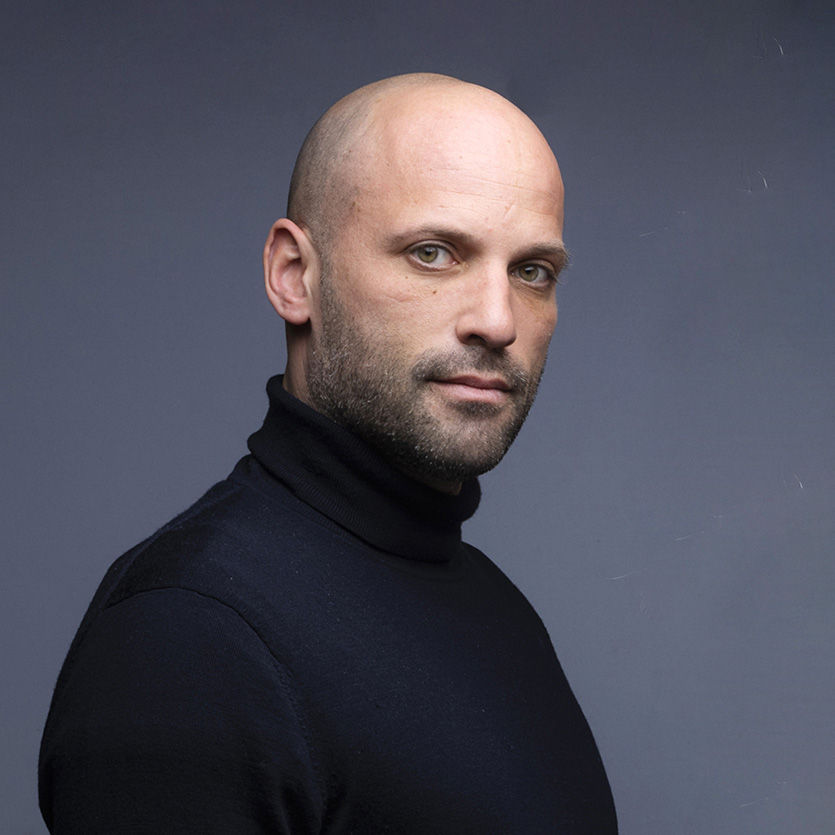
Don’t put me under : Stop Chemical Submission
Our association emerged from the #Mendorspas movement created in May 2023.
The objectives of the association Stop Chemical Submission: Don’t Put Me Under are:
- Put an end to chemical submission (the administration of psychoactive substances for criminal or illegal purposes without the victim’s knowledge or against their free will).
- Raise awareness about chemical submission by informing as many people as possible through communication and awareness campaigns and providing training to the general public, professionals, and institutions.
- Keeping the largest possible number safe from chemical submission through preventative and protective actions.
Remaining open to all within a secular, non-partisan, non-profit framework.
The association was launched by Caroline Darian (author of the book Et j’ai cessé de t’appeler papa, published by JC Lattès and in paperback by Harper Collins), with the support of photographers Géraldine Aresteanu and Patrick Gaillardin, as well as Vanessa Lipszyc (Fonder of L’Uniforme Urbain).The movement and the association are also supported by Dr. Ghada Hatem-Gantzer (Fonder of La Maison des Femmes de Saint-Denis and the #Restart collective), Dr Leila Chaouachi (Pharmacist at centre d’Addictovigilance de Paris, ANSM expert on the national commission on chemical submission), Arnaud Gallais (co-fonder of the Prévenir et Protéger collective & #Mendorspas association board member #Mendorspas) and Arielle Schwab (Director at Havas Paris & #Mendorspas association board member ).
Caroline Darian : an introduction

On November 2nd 2020, Caroline Darian received a call from the Carpentras police. Her father was in custody. The digital devices confiscated by the police revealed the unthinkable: since 2013, he had been drugging his wife with sleeping pills and anxiolytics before serving her up, unconscious, to men from all walks of life, with no money ever changing hands. Defiant in the face of this shocking revelation, Caroline Darian recounts the experience in her book Et j’ai cessé de t’appeler Papa, sounding the abyss revealed by the discovery that a loved one – her father – was capable of such an atrocity. She now campaigns to raise awareness about this public health issue.
REVUE DE PRESSE
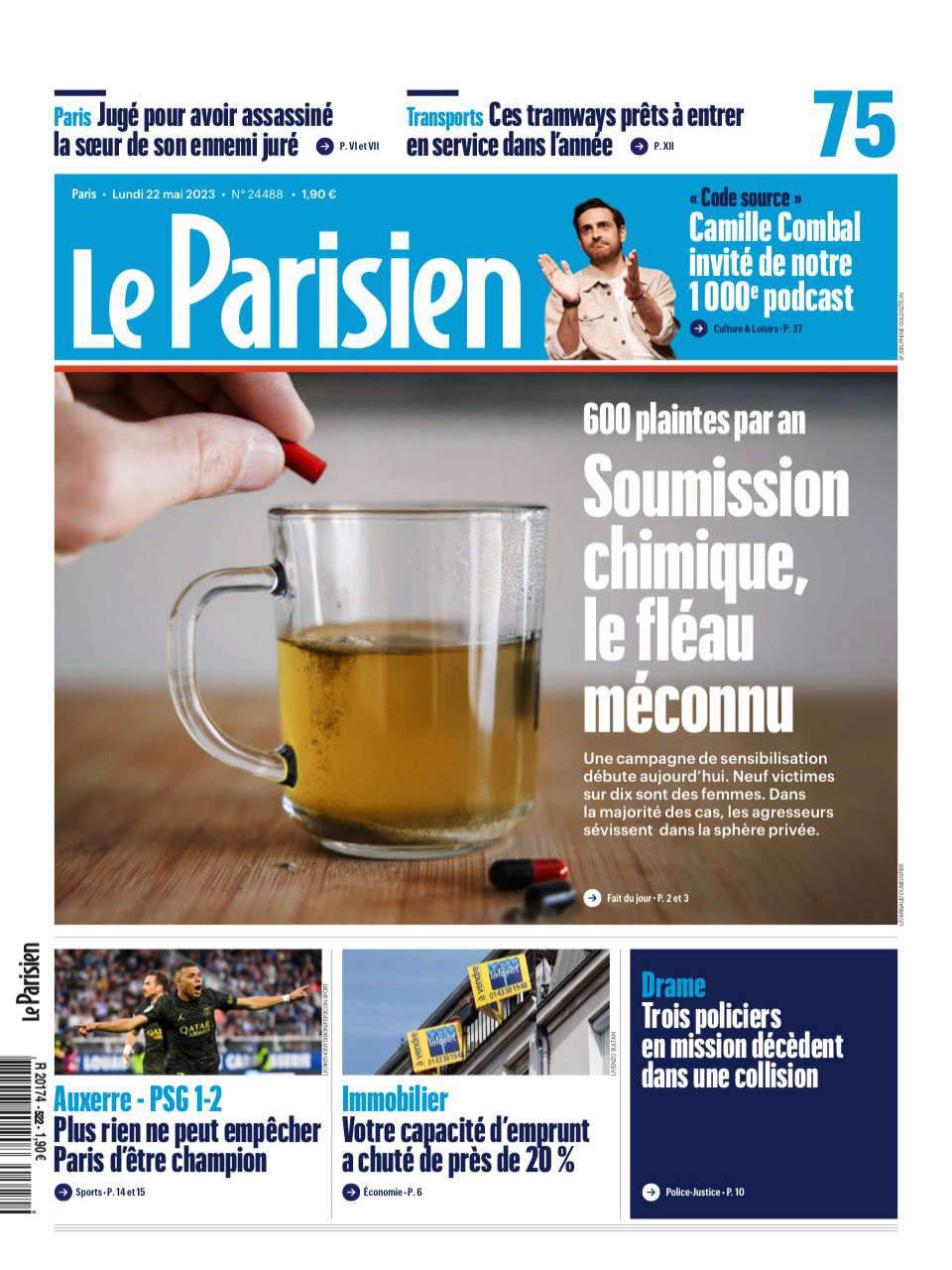
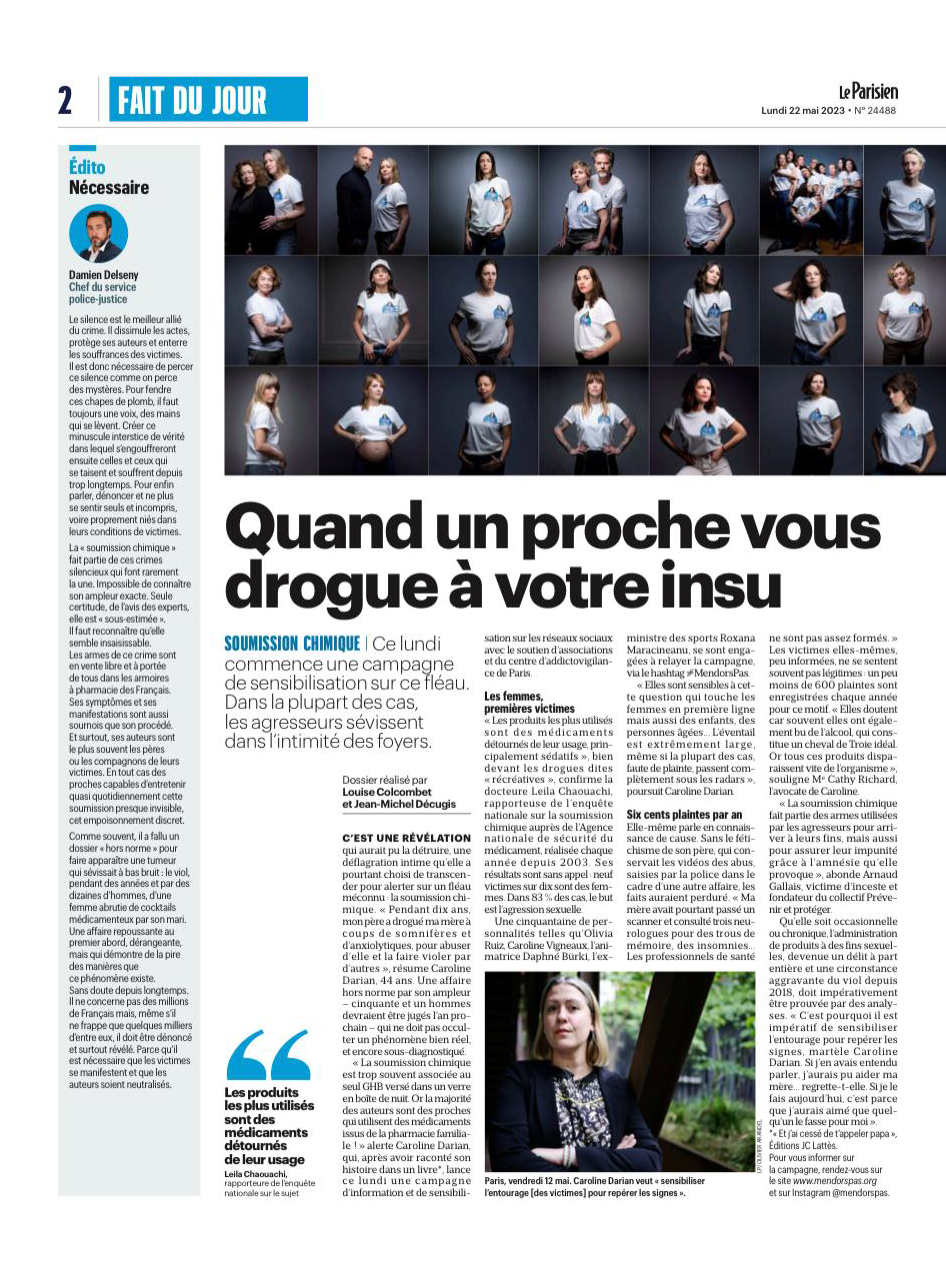
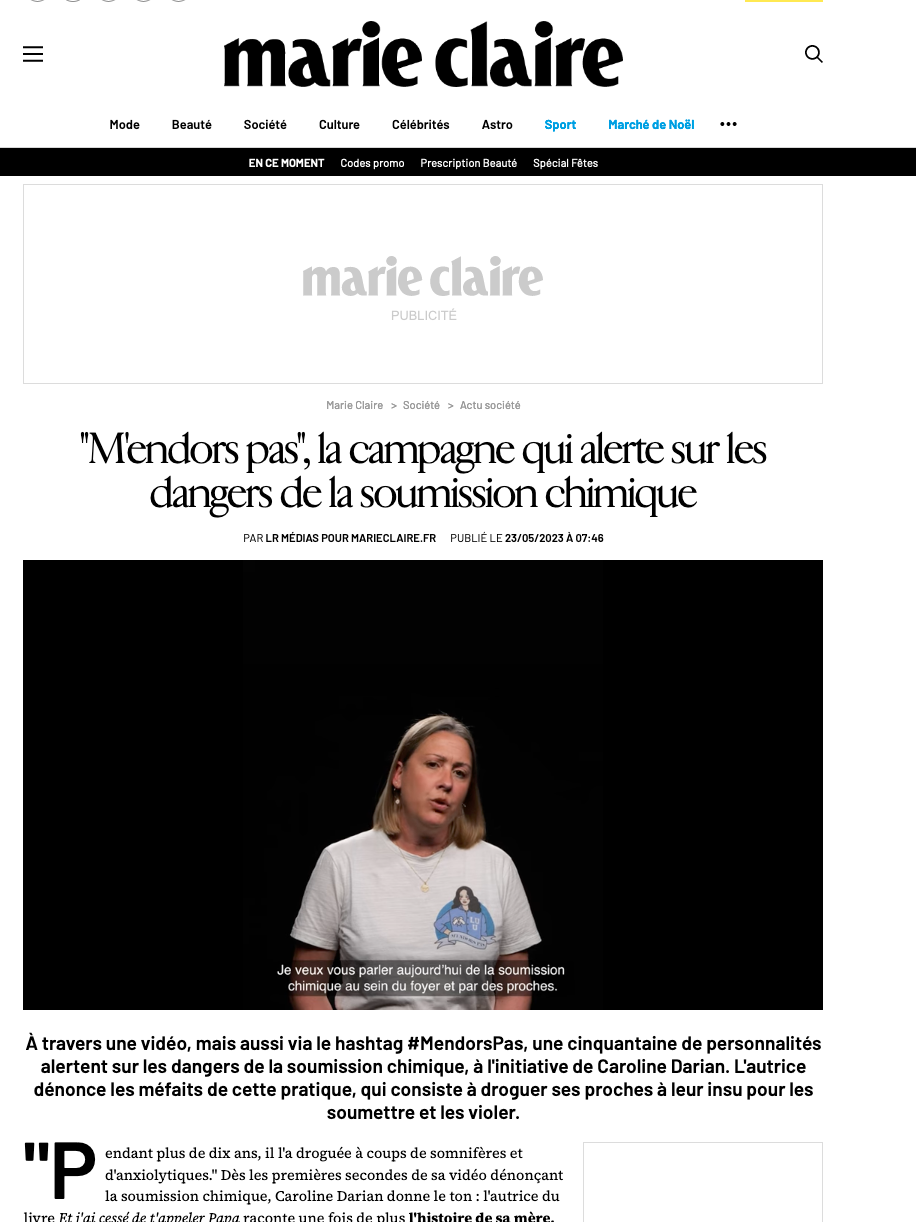
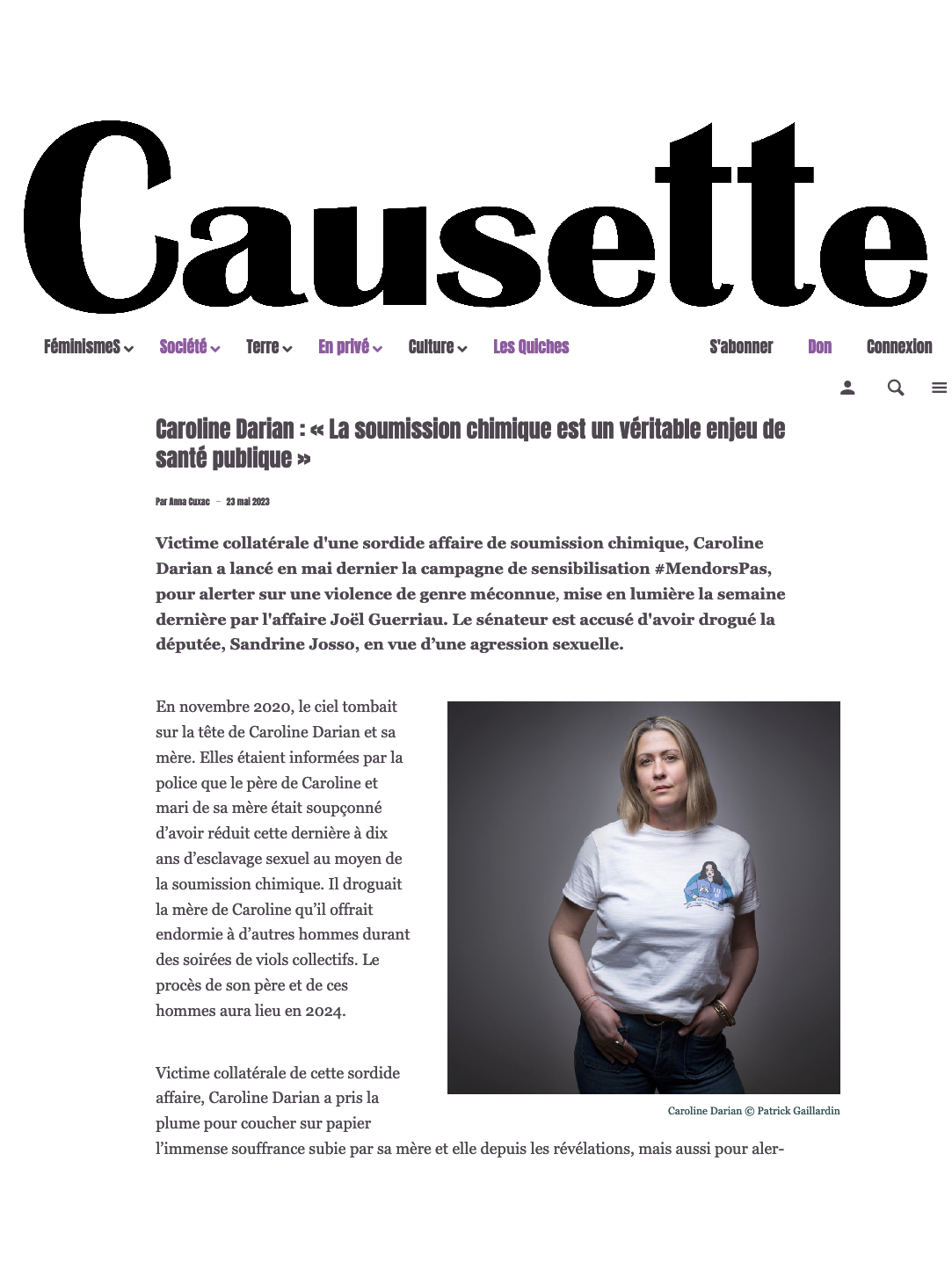
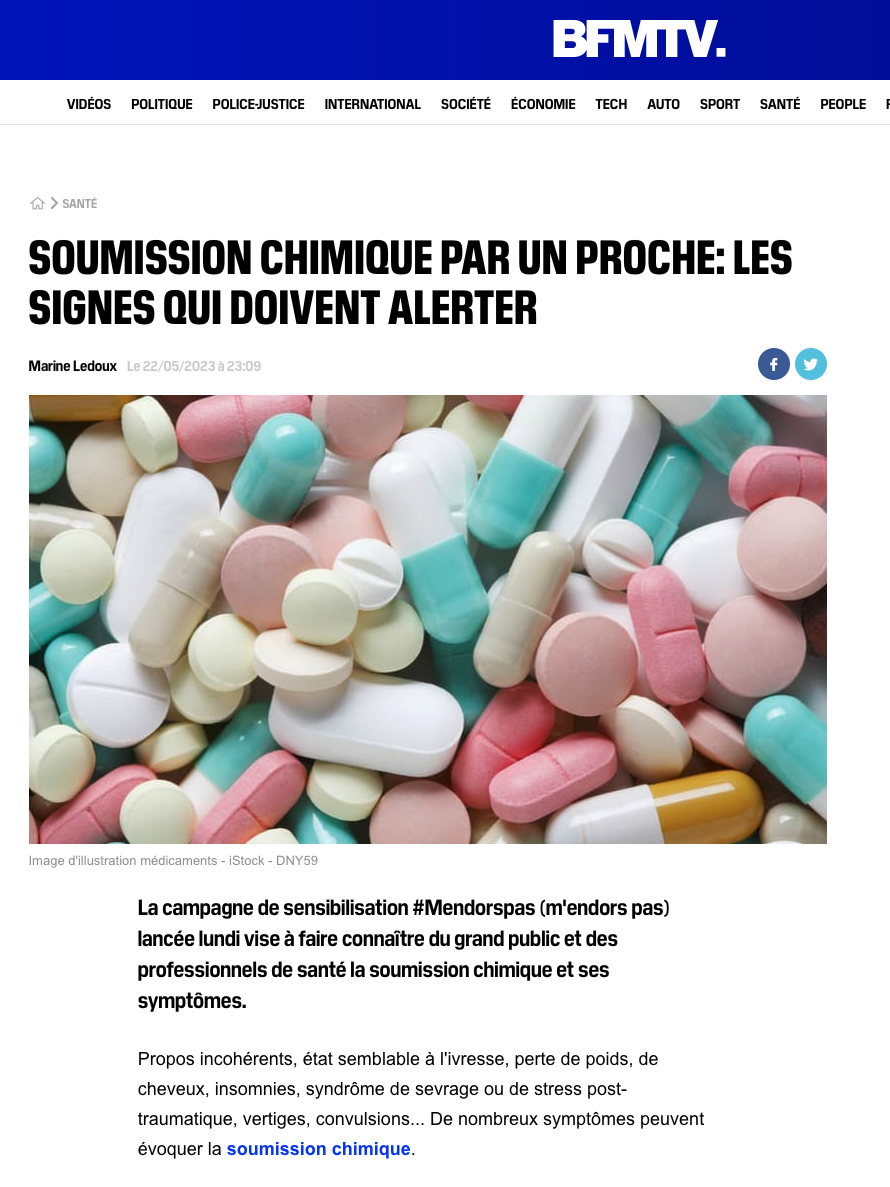
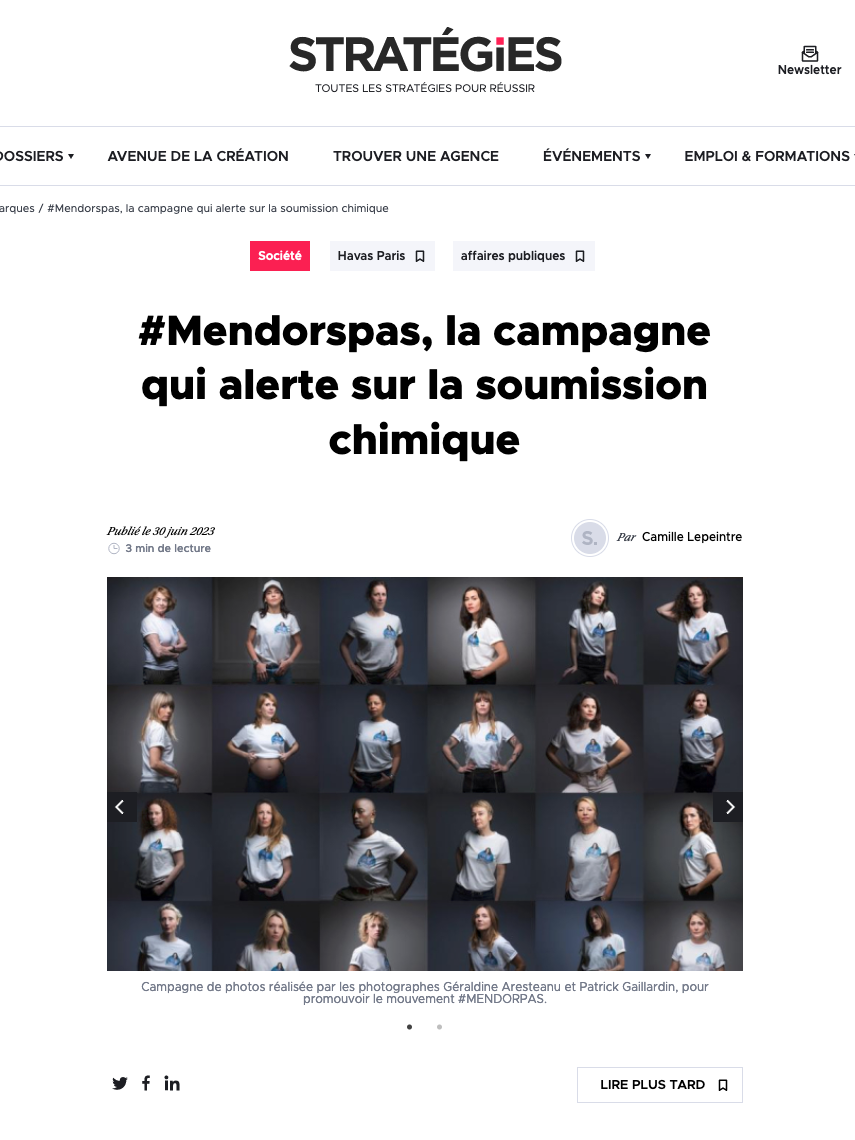
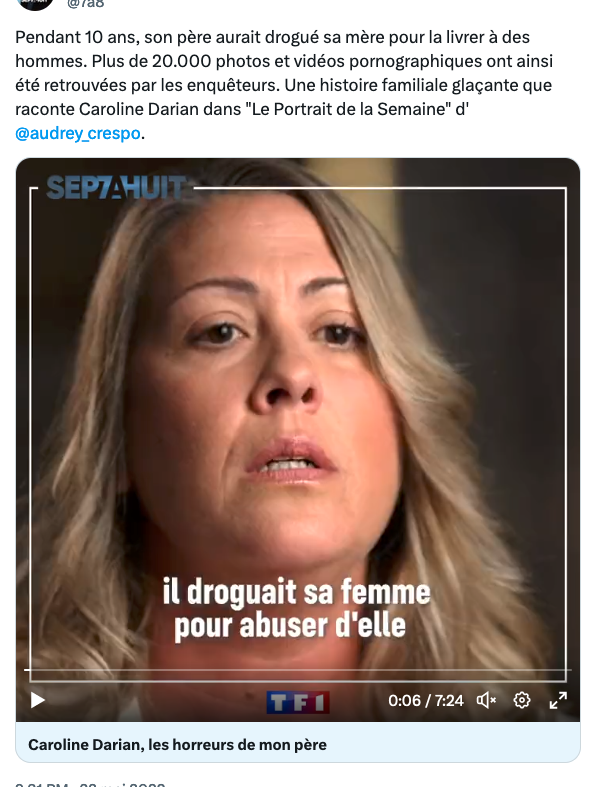
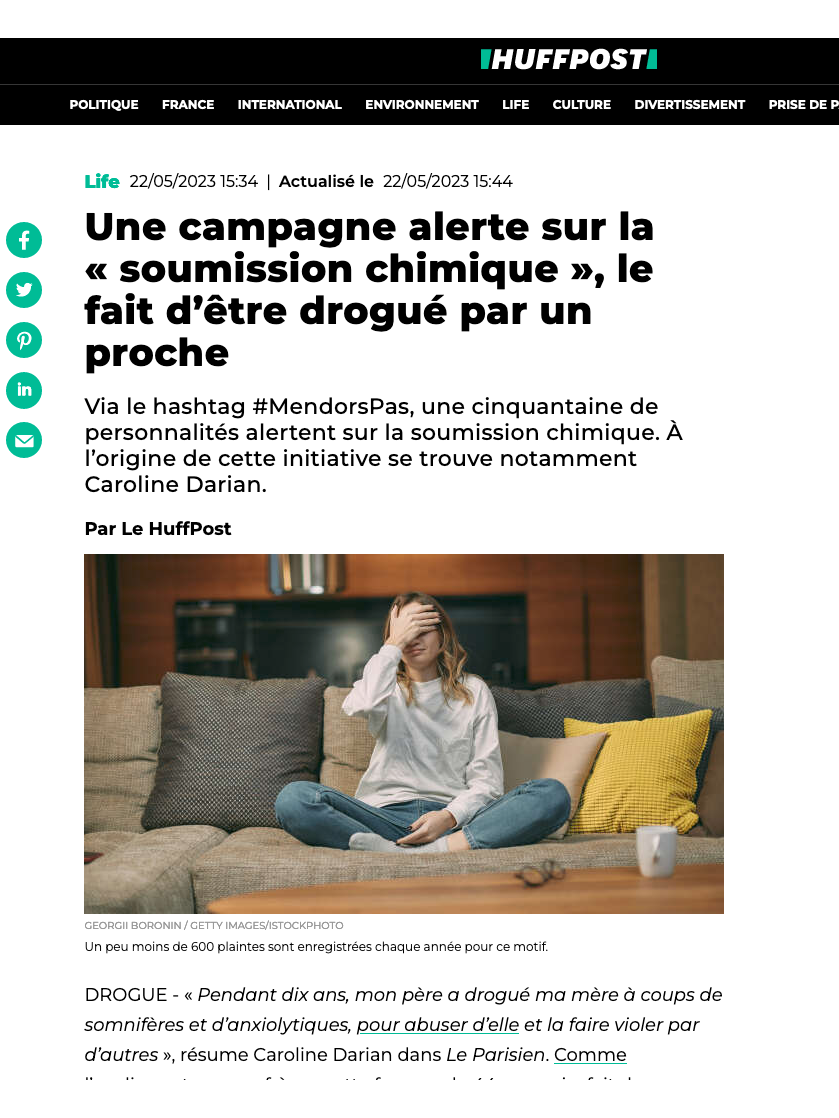
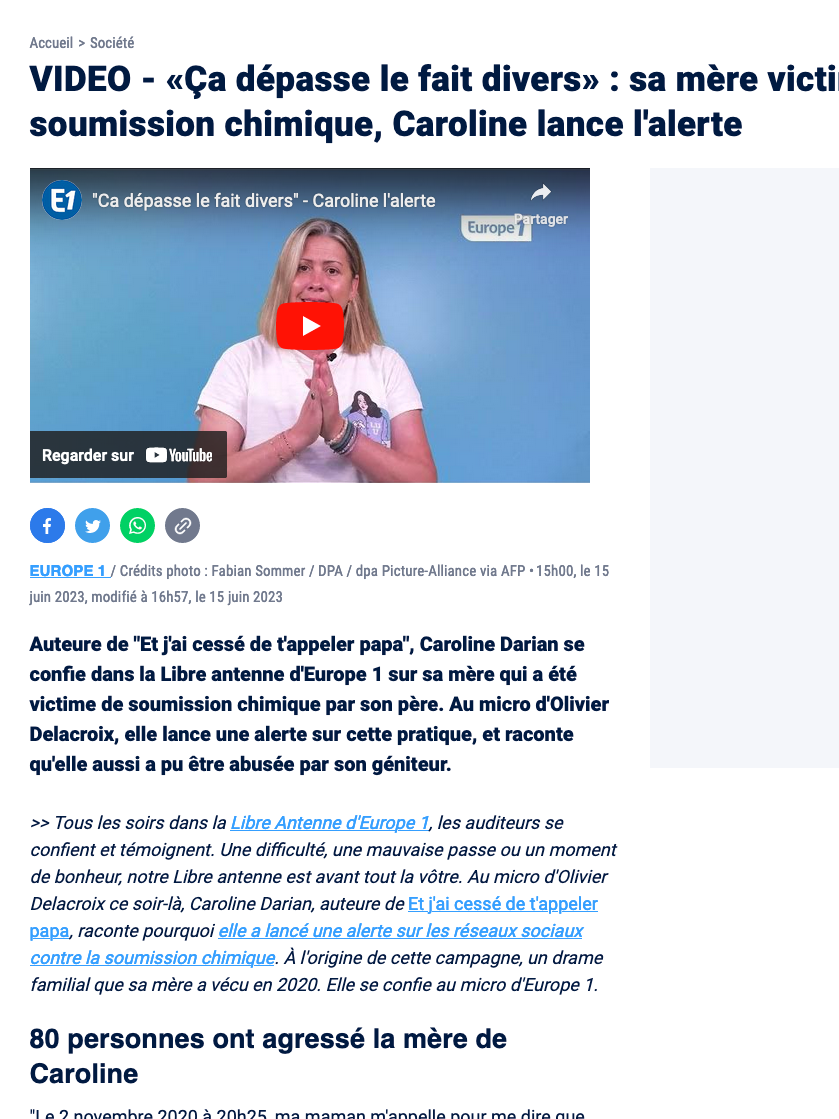
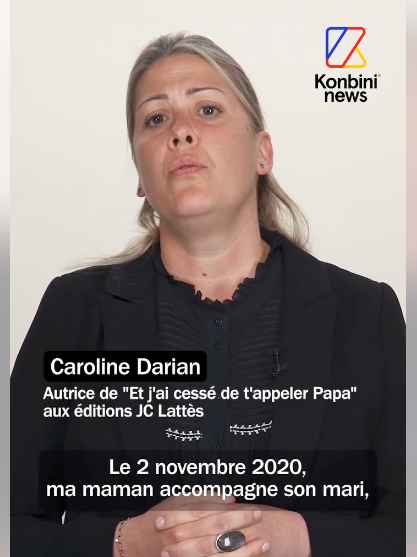
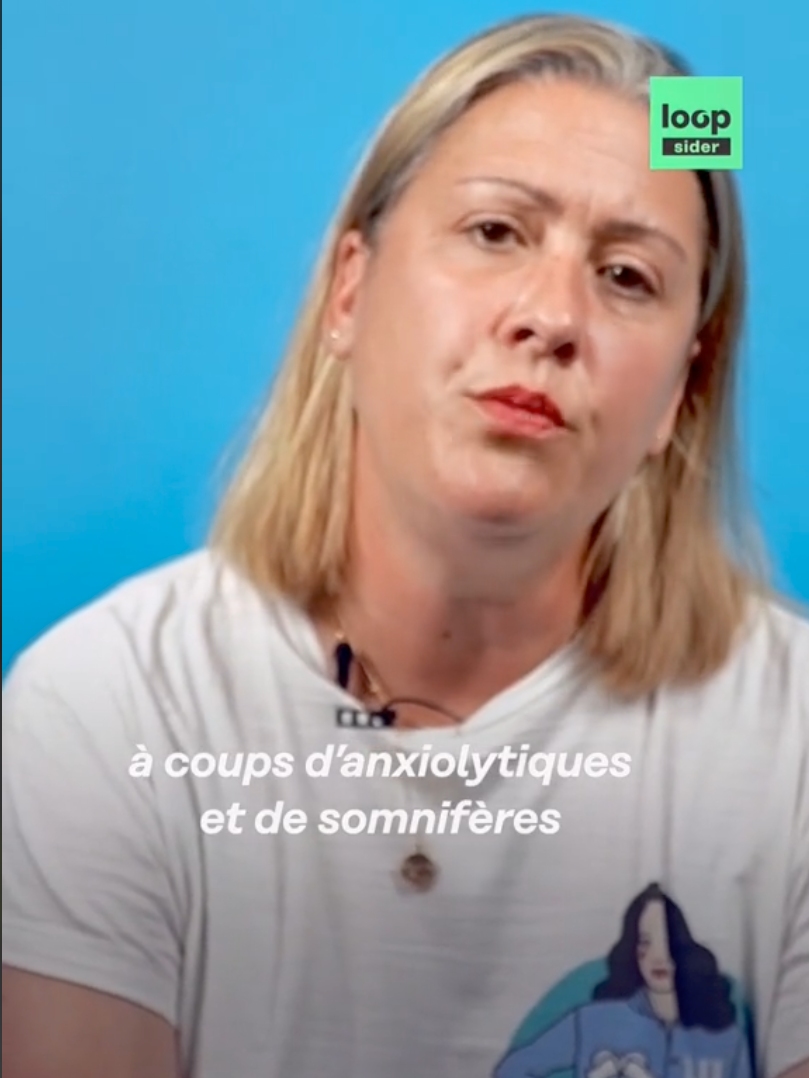
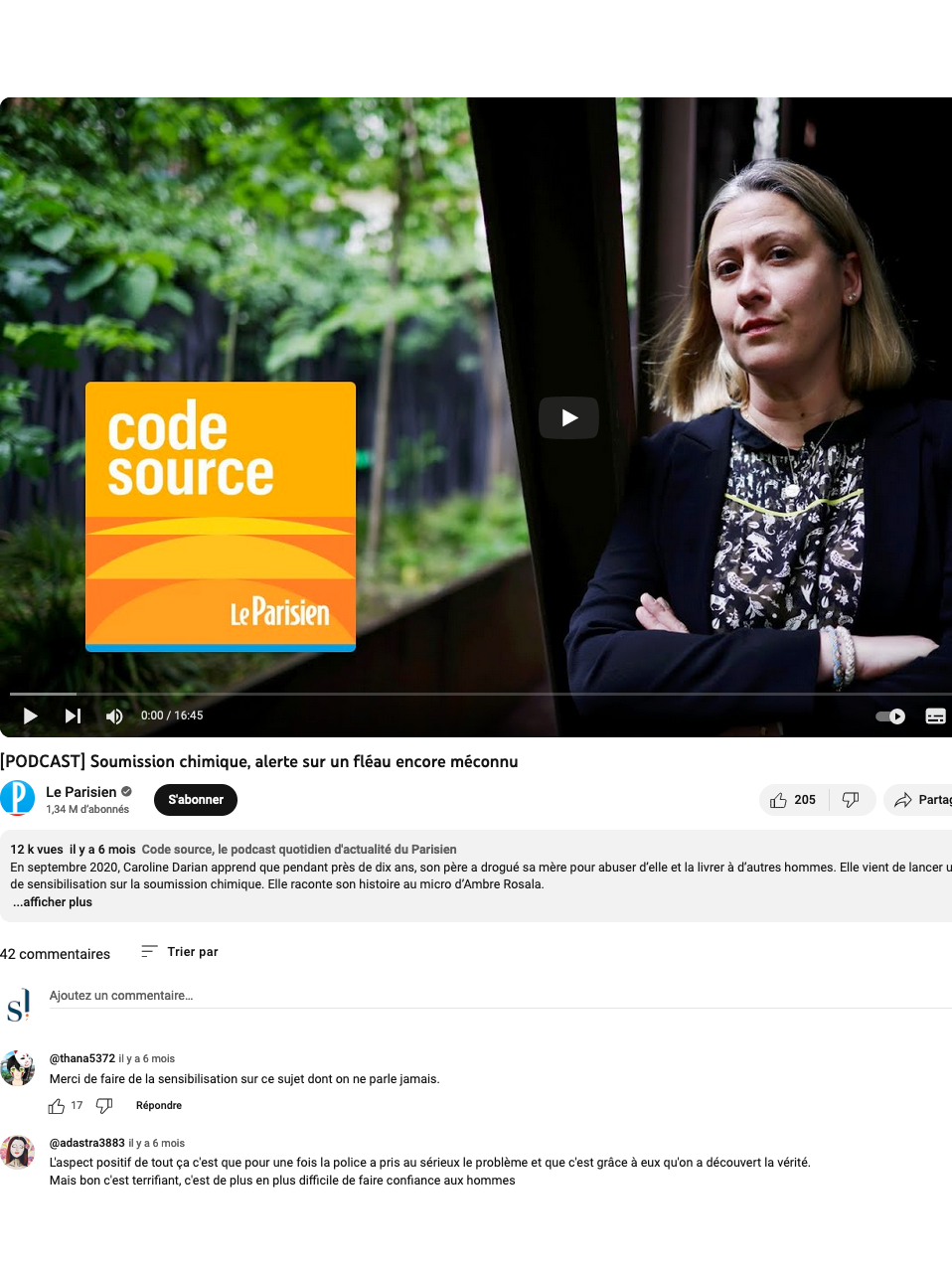
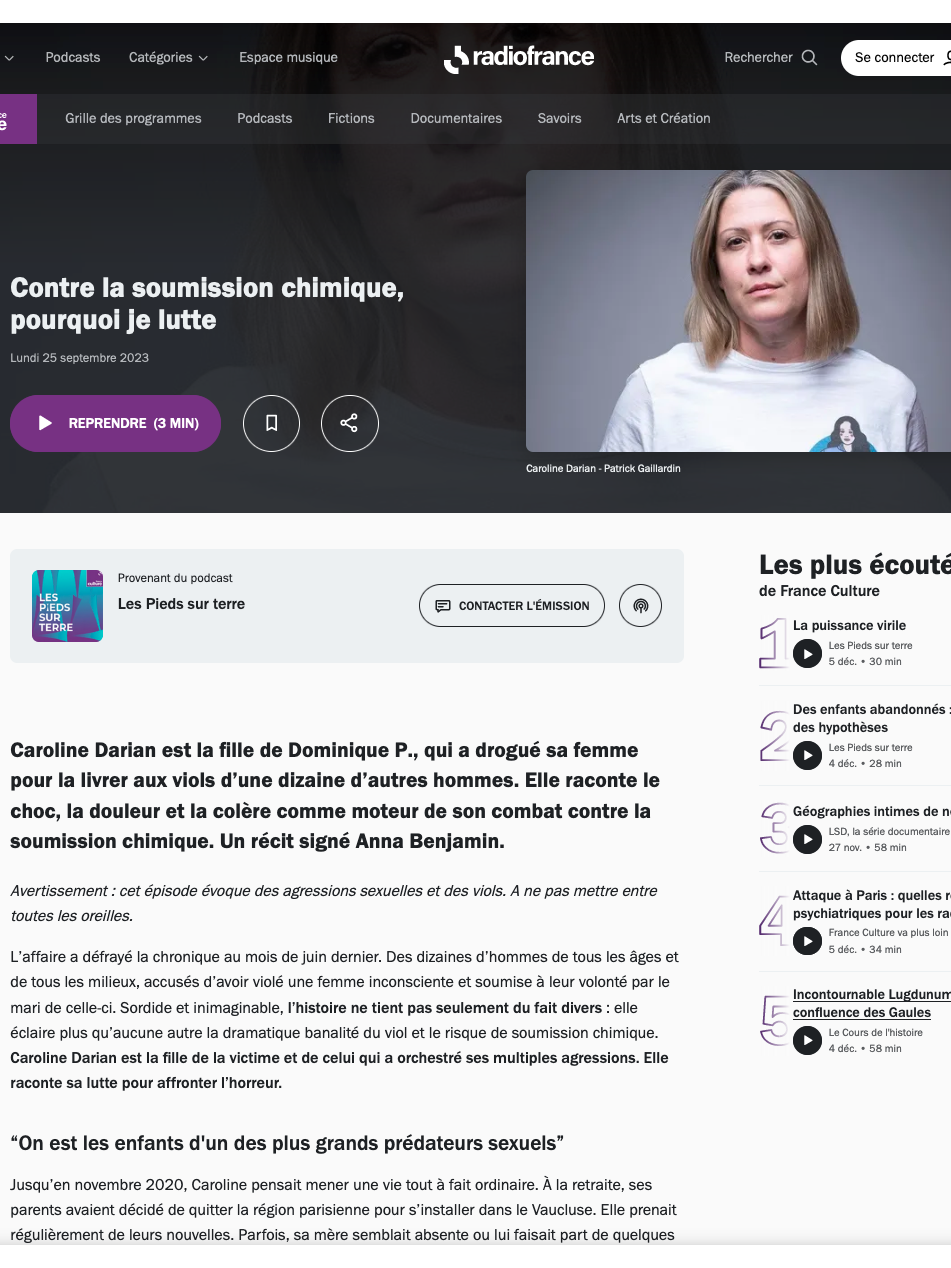
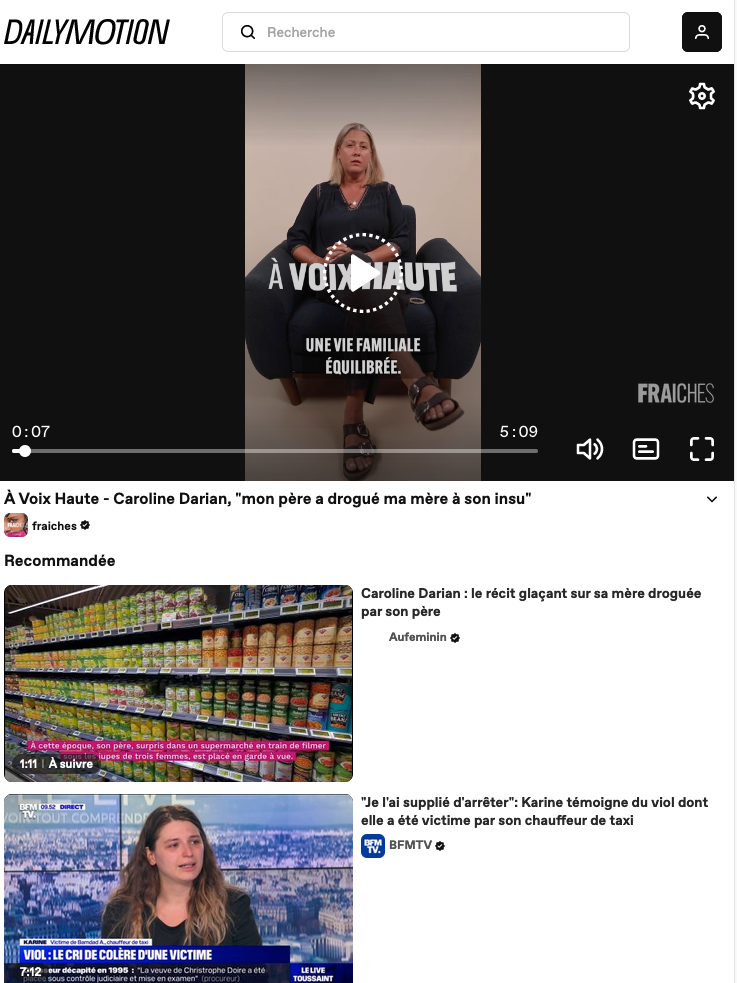
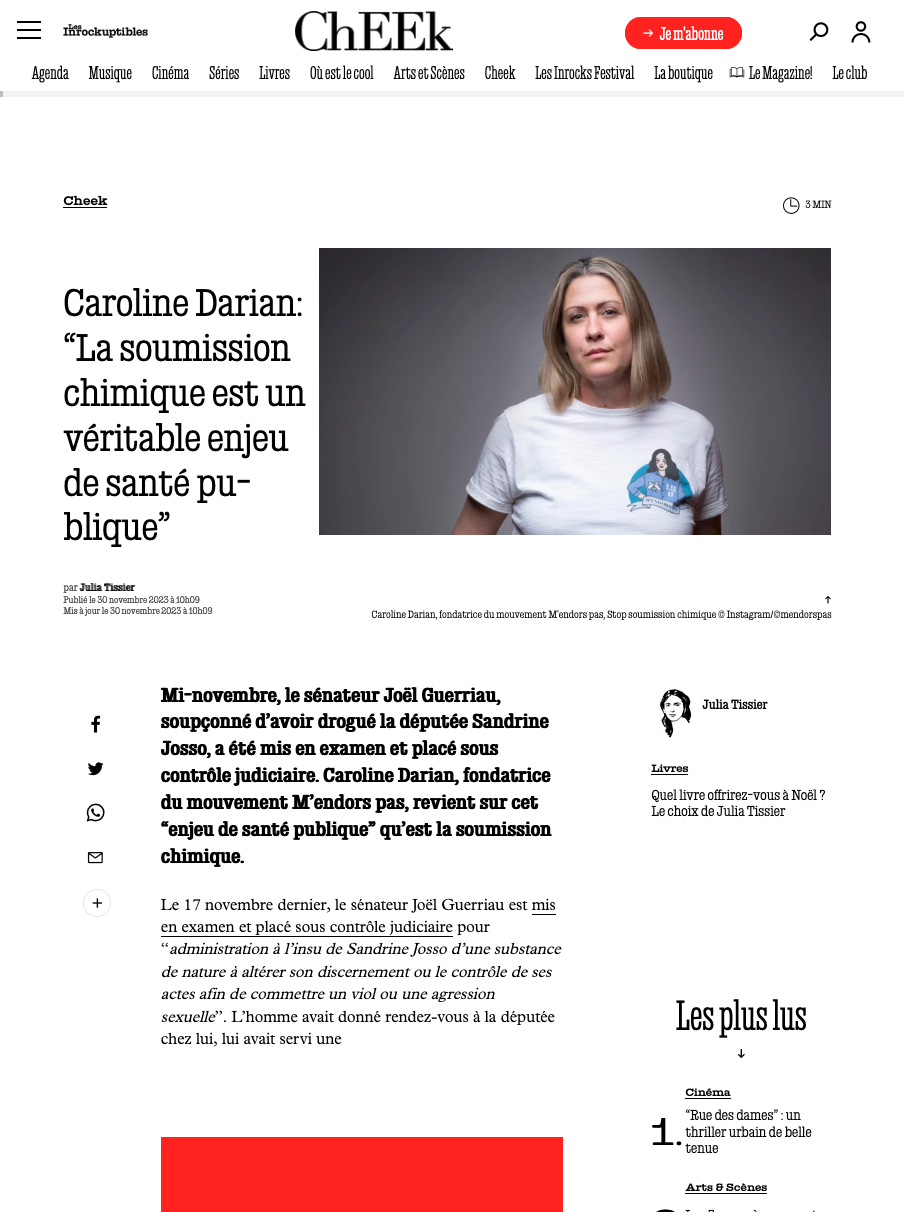
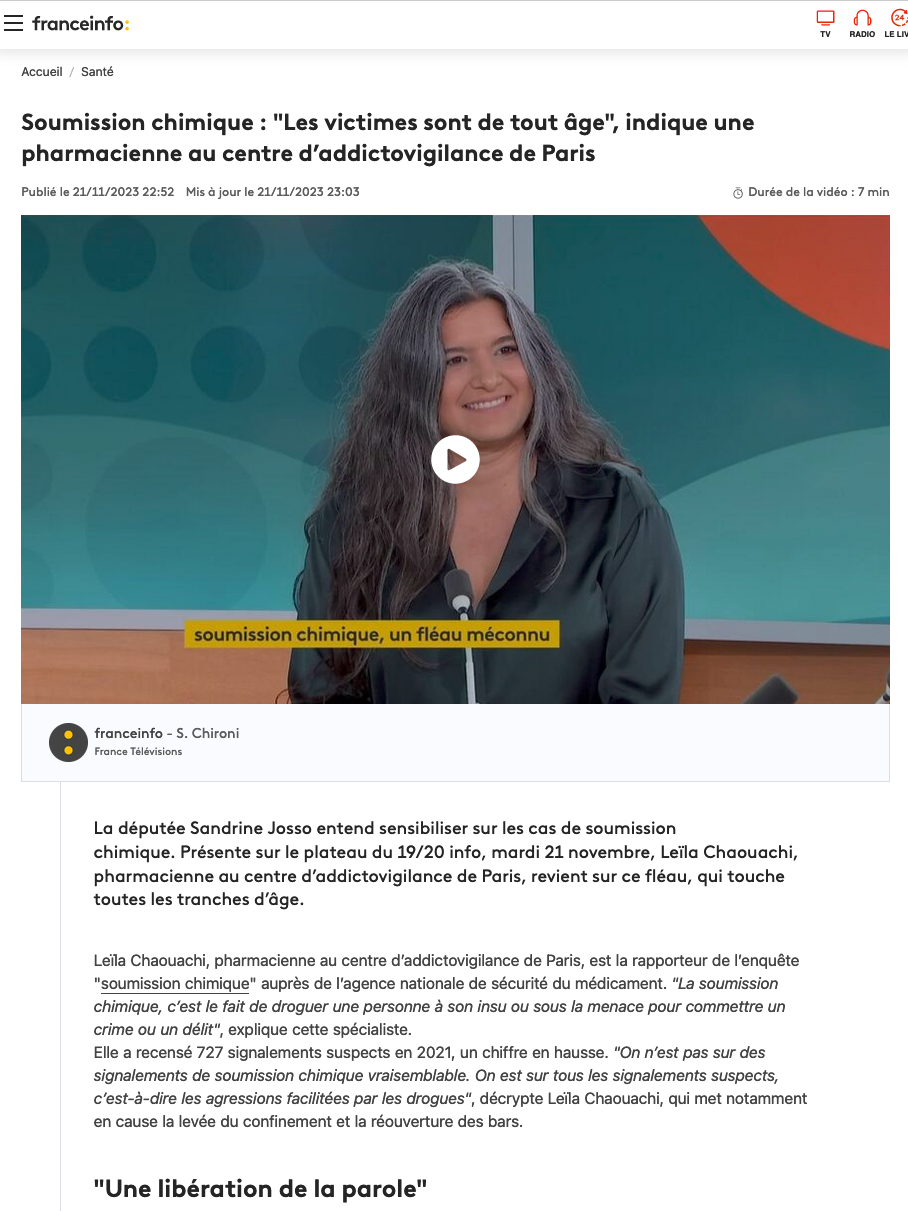
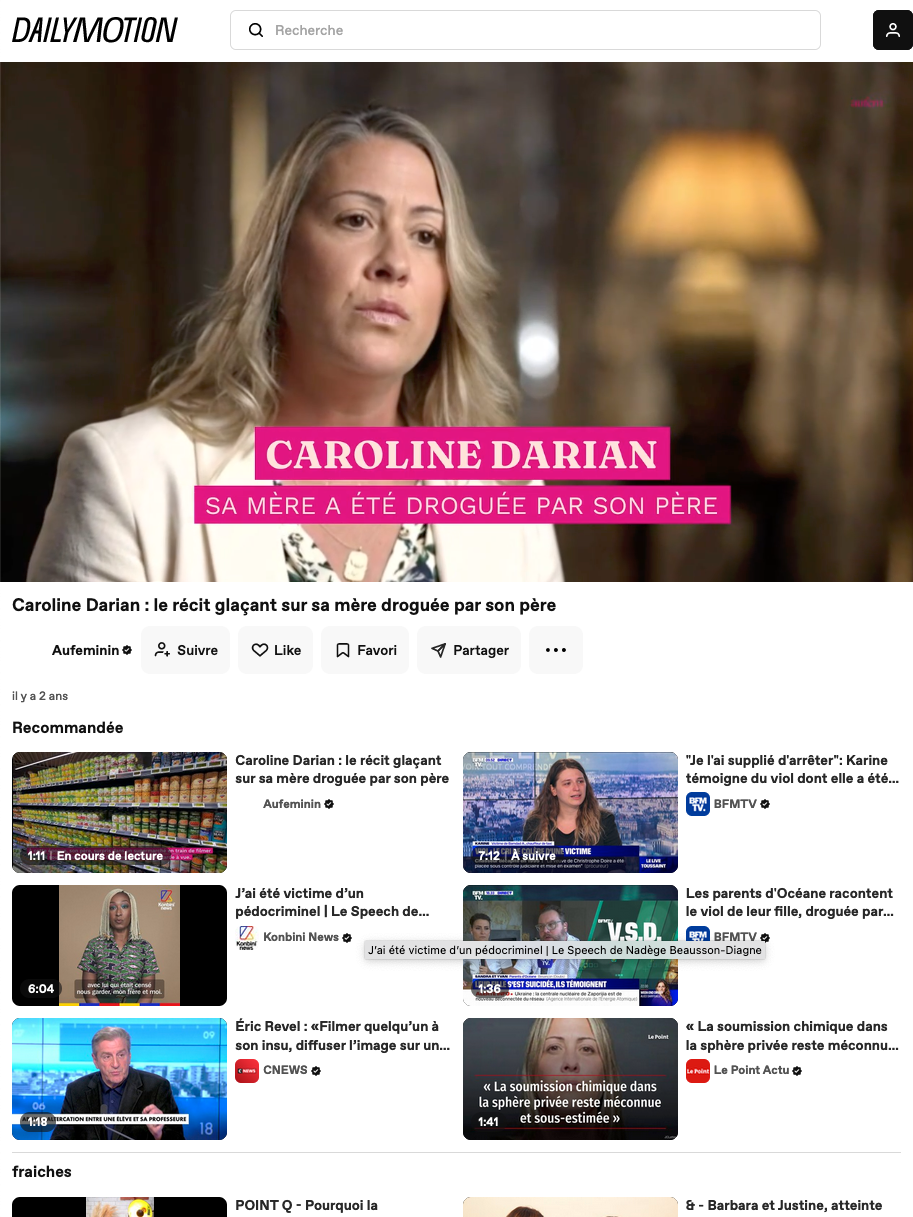
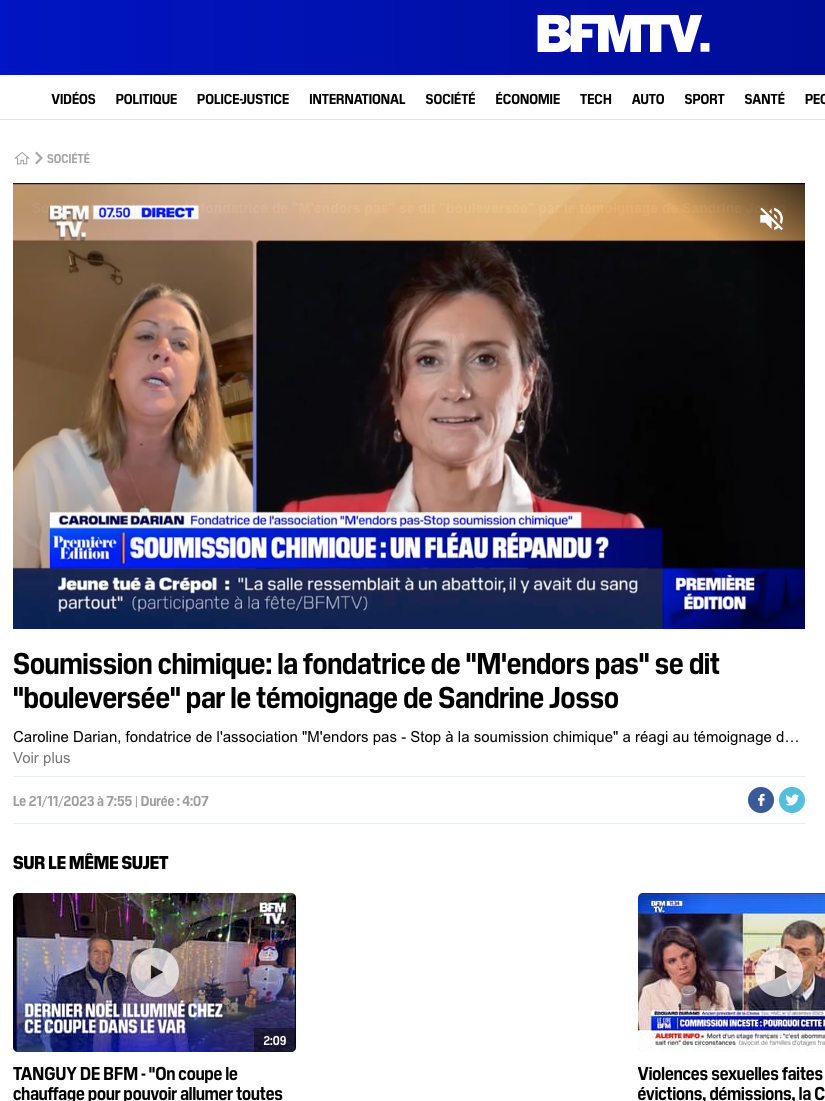
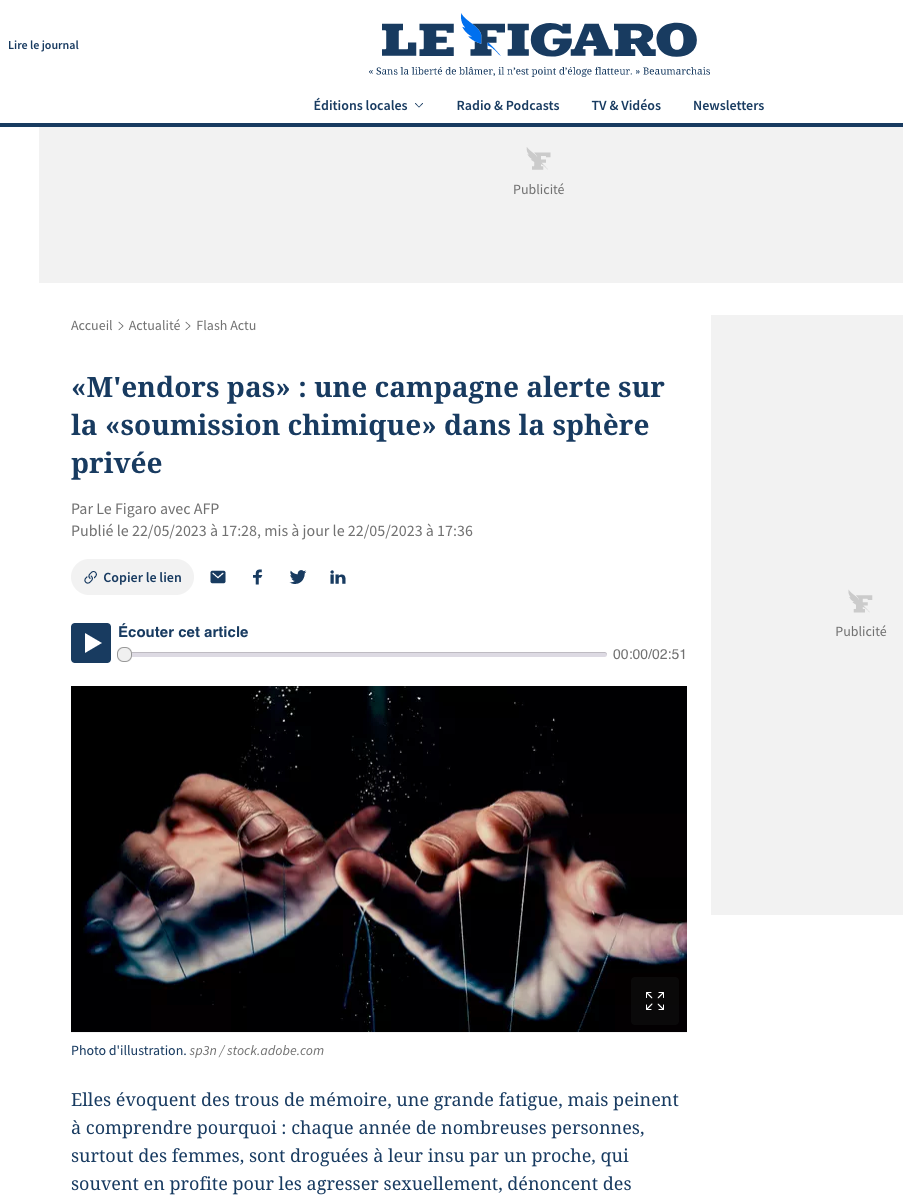
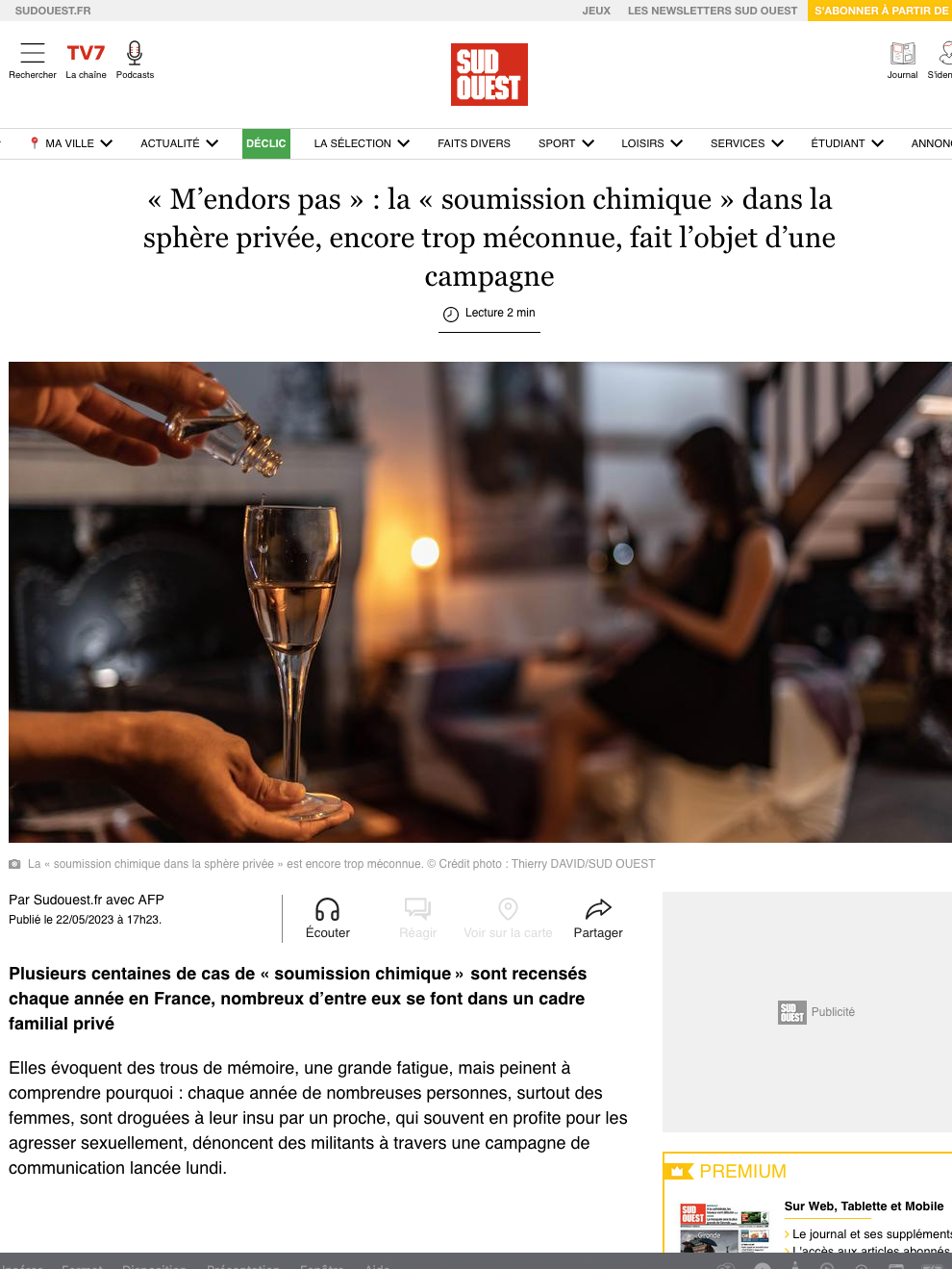
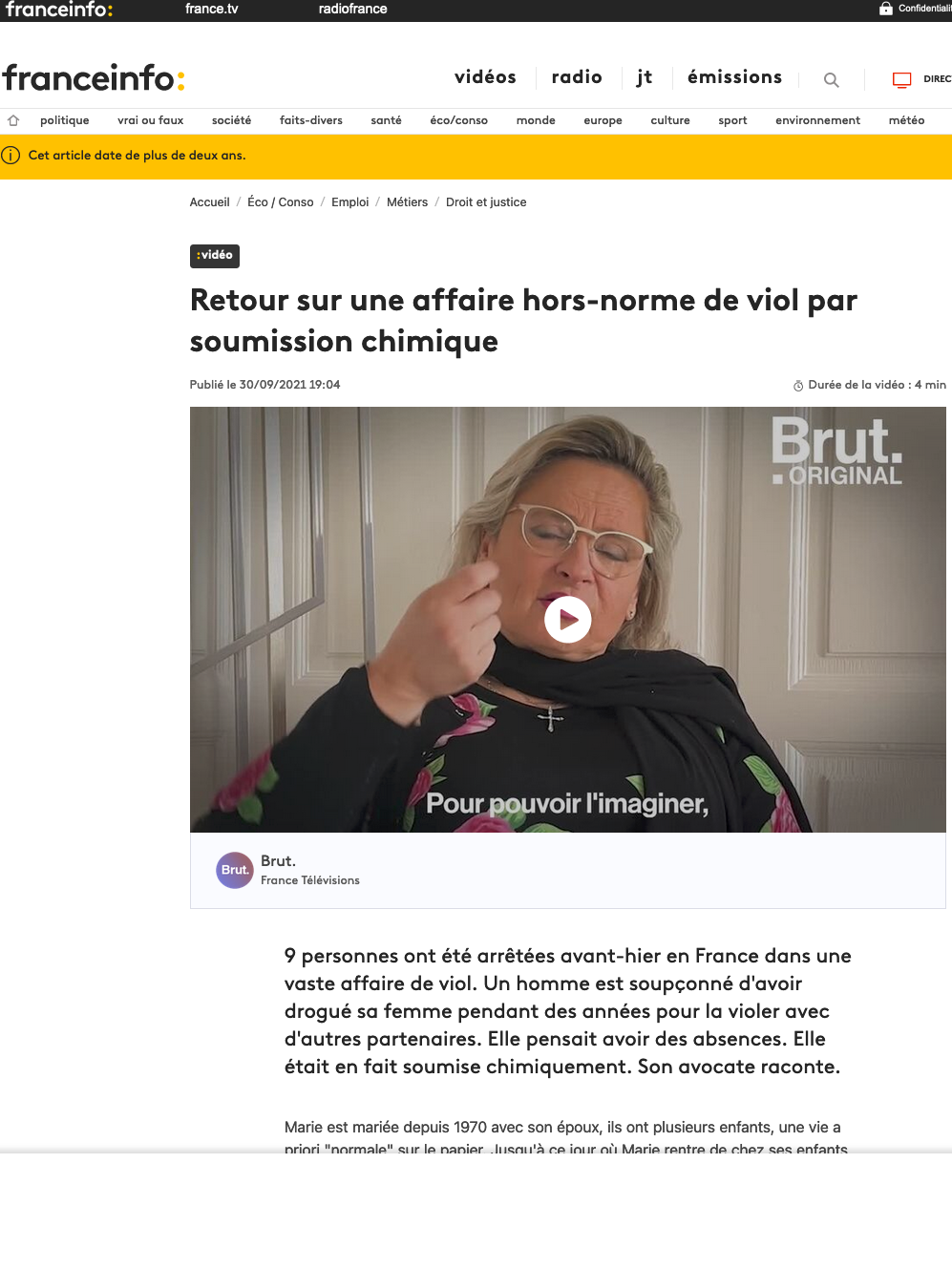
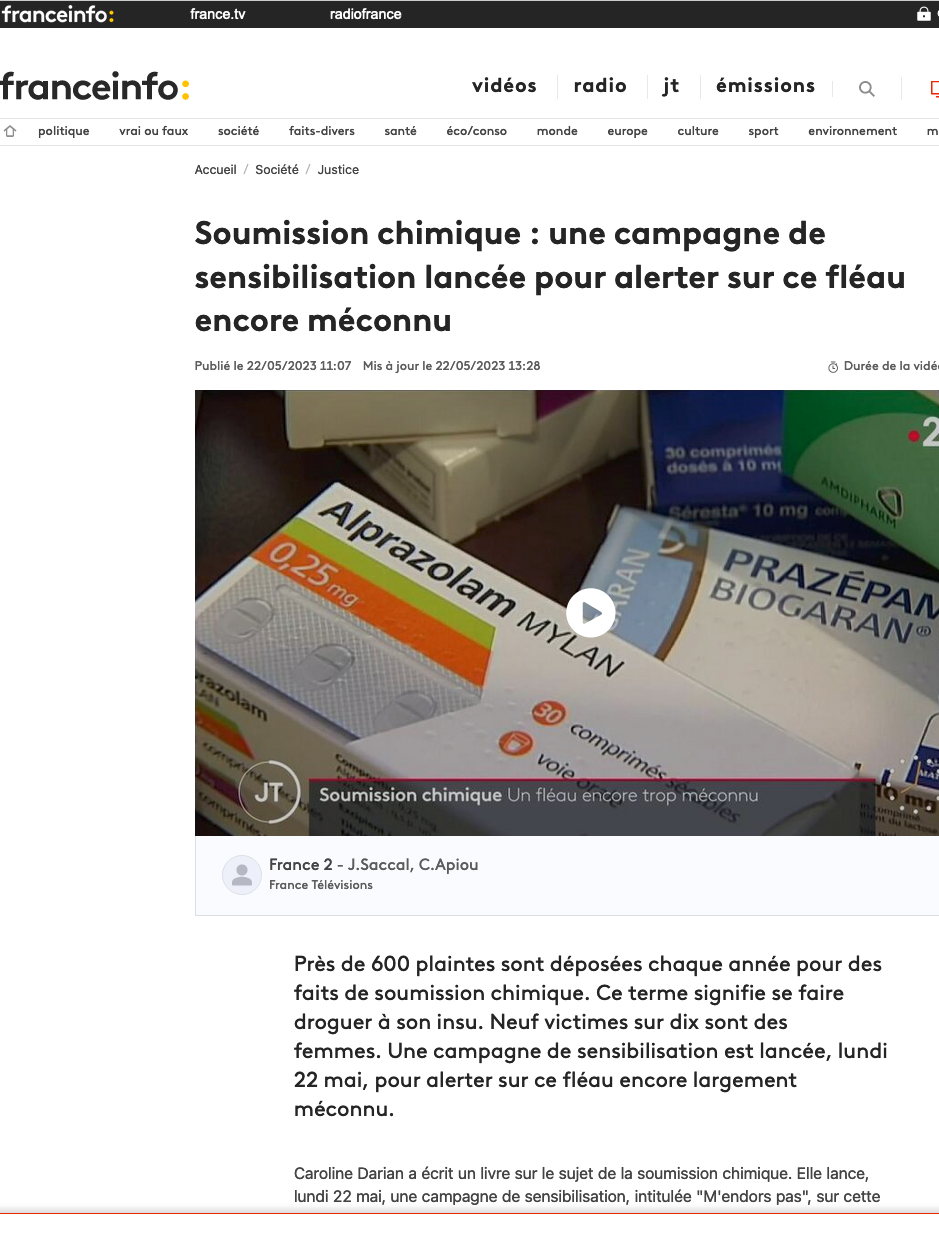
Our thanks go out to all those who have helped and stood by us from the outset.
Caroline Anglade (actress),
Keren Ann (author, composer and musician),
Rebecca Azan (actress and writer),
Elsa Benett (director),
Daphné Bürki (TV host)
Noémie Caillault (actress),
Laurie Cholewa (TV and radio host),
Vanessa Djian (producer),
Laurence Fisher (founder of the association Fight For Dignity),
Cécile Fricker-Lehanneur (founder of the Band of Sisters network)
Adeline François (journalist with BFM TV),
Valérie Ganne (journalist, trainer, director, author)
Emilia Genuardi (founder of the Approche and Unrepresented salons),
Aurélie Jean (PhD, entrepreneur and author)
Sandrine Josso (member of parliament for Loire-Atlantique)
Axelle Laffont (actress and comedian),
Patricia Louisor-Brosset (stylist and DJ),
Daniela Lumbroso (TV and radio host),
Roxana Maracineanu (Secretary-General of the Inter-ministerial Mission for the protection of women against violence and against modern slavery),
Julie Mamou-Mani (journalist et content producer),
Sara Mortensen (actress),
Fatou Ndiaye (U.N. expert, socially aware entrepreneur, author, speaker),
Mélanie Page (actress),
Fabienne Perineau (actress and author),
Caroline Roux (political journalist politique and host of « C dans l’air » France 5),
Olivia Ruiz (singer and novelist),
Arielle Schwab (Director of Havas Paris),
Sandra Sisley (founder of the SANDRA and CO Paris agencies),
Lorène de Susbielle (journalist for BFM TV),
Sophie Tellier (forensic pathologist for the Maison des Femmes),
Aude de Thuin : founder of the Women’s forum, Women in Africa forum, and SISTEMIC forum
Alba Ventura (journalist),
Julia Vignali (actress, host, commentator),
Marine Vignes (content creator),
Véronique de Viguerie (photojournalist),
Isabelle Vitari (actress),
Caroline Vigneaux (comedien).
Band of Sisters collective put us in touch with its network of female activists.
Havas Paris, agency, coordinated by Arielle Schwab (Stéphane Gaubert, Sophie Schiari, Christophe Pelletier, Alexandre Agoustenc, Jeanne Bariller, Letizia de Bernardi, Imane Arfi, Salomé Lang) oversaw the movement’s communication policy and produced content.
Cogiteurs agency (Frédéric Fougerat, Agathe Weil et Benoît Repoux) provided indispensable strategic advice.
#MendorsPas tee-shirts can be purchased via this link.
CONTACTS
This site aims to provide an introduction to the goals and actions of the association Stop Chemical Submission: Don’t Put Me Under. If you are a victim, or witness to chemical submission, use the resources in the section “Help the Victims”.
You can contact the association by email at contact(at)mendorspas.org
Representatives of the media are invited to contact Havas Paris: Arielle Schwab: 06 62 01 00 00.
Comments on the contents of this site can be sent to mendorspas(at)gmail.com.
Website creator : Patrick Gaillardin




